CORE FACULTY
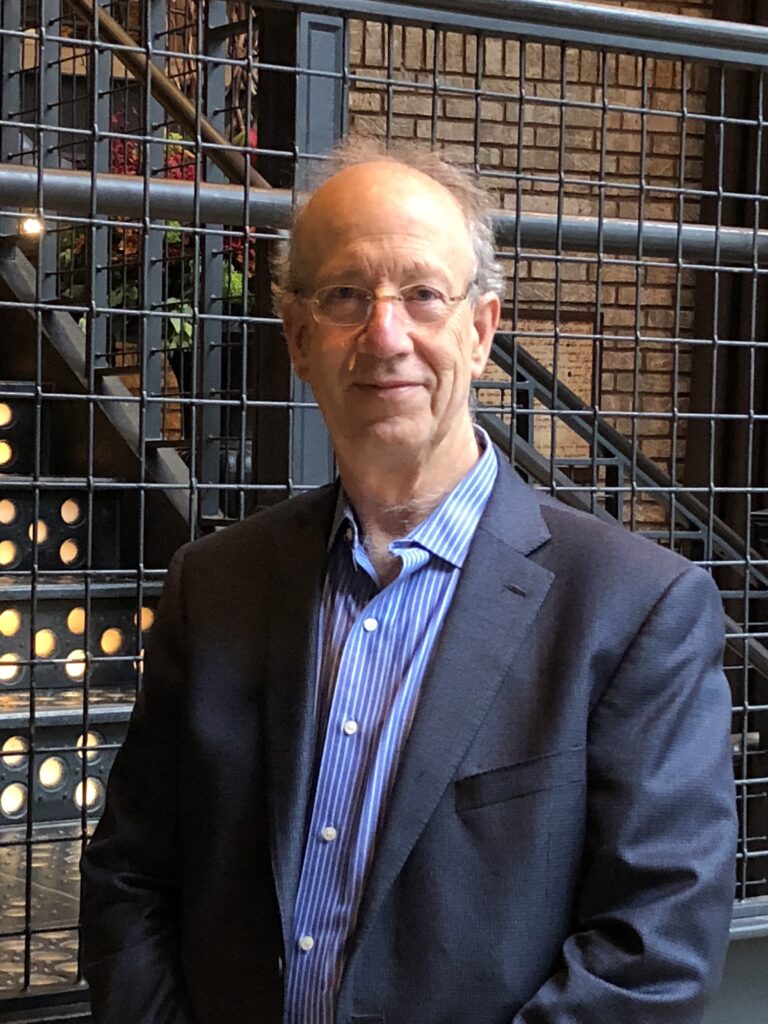
Phil Brown
Director of Social Science Environmental Health Research Institute
University Distinguished Professor of Sociology and Health Sciences
360 Huntington Avenue, 310 INV
Boston, MA 02115
617 373-7407
Email: p.brown@northeastern.edu
Download CV
Phil Brown is University Distinguished Professor of Sociology and Health Sciences at Northeastern University, where he directs the Social Science Environmental Health Research Institute that specializes in Social Science-Environmental Health collaborations and includes a National Institute for Environmental Health Sciences Training Grant to educate and train people in such collaborations. He is the author of No Safe Place: Toxic Waste, Leukemia, and Community Action, and Toxic Exposures: Contested Illnesses and the Environmental Health Movement, and co-editor of Social Movements in Health, and Contested Illnesses: Citizens, Science and Health Social Movements. He studies biomonitoring and household exposure, social policy and regulation concerning flame retardants and perfluorinated compounds, reporting back data to participants, and health social movements. He is co-director of the Community Engagement Core and Research Translation Core for Northeastern’s Superfund Research Program PROTECT (Puerto Rico Testsite for Exploring Contamination Threats). He has been awarded the 2015 Environmental Sociology Practice and Outreach Award from the Environmental Sociology and Technology Section of the American Sociological Association.
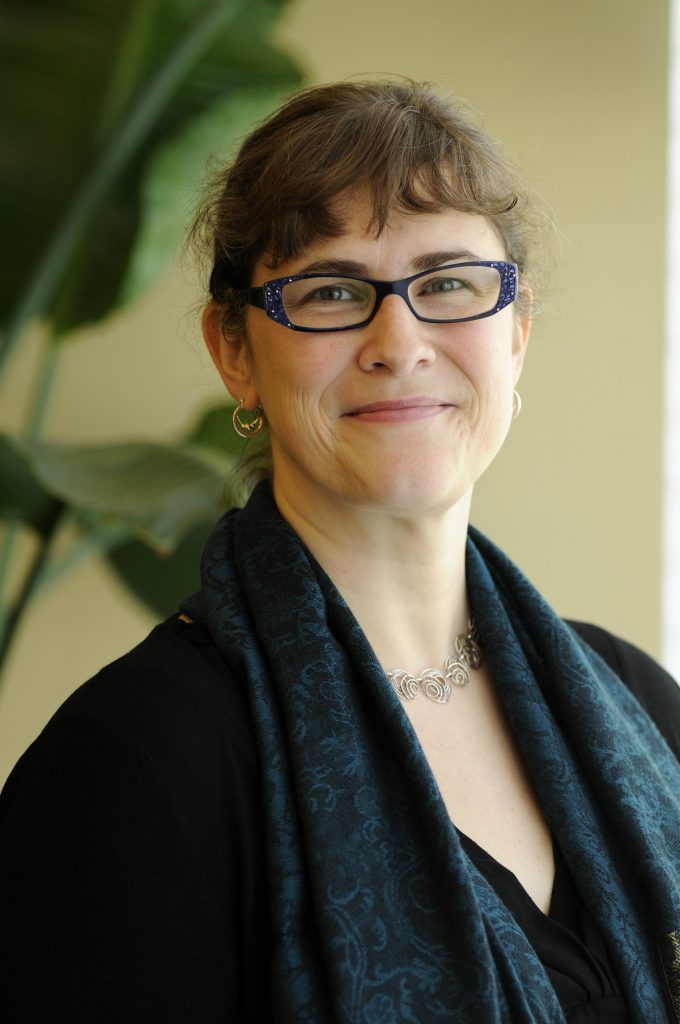
Laura Senier
Associate Professor of Sociology & Anthropology and Health Sciences
Associate Director of Graduate Training for SSEHRI
Social Science Environmental Health Research Institute Core Faculty
Northeastern University
Email: l.senier@northeastern.edu
Laura Senier holds a joint appointment as Associate Professor in Sociology & Anthropology and in Health Sciences. She holds an MPH in epidemiology and social and behavioral science from the Boston University School of Public Health and a PhD in Sociology from Brown University. Her research interests include the sociology of medicine and public health, community environmental health, and environmental justice. Her dissertation research was funded by a fellowship from the Robert & Patricia Switzer Foundation. Her current research focuses on barriers in research translation, or the migration of basic discoveries to clinical and public health applications. She is currently exploring this problem in an NIH-funded grant to study how state health agencies are modernizing their genetics programs.

Julia Varshavsky
Assistant Professor of Environmental Health in the Department of Health Sciences and Civil and Environmental Engineering
Social Science Environmental Health Research Institute Core Faculty
Northeastern University
Email: julia.varshavsky@gmail.com
Julia Varshavsky is an Assistant Professor of Environmental Health at Northeastern University, with a joint appointment in the Department of Health Sciences, Bouvé College of Health Sciences, and the Department of Civil and Environmental Engineering, College of Engineering. She will be focusing on environmental exposures and maternal-child health outcomes and will continue to work on biomonitoring studies and advancing risk assessment in vulnerable communities.
Before joining Northeastern, Julia served as a research scientist for the Office of Environmental Health Hazard Assessment (OEHHA, Cal EPA) to conduct biomonitoring studies of health-related chemical exposures, and before that was a postdoctoral researcher in environmental epidemiology and biostatistics for the Program on Reproductive Health and the Environment (PRHE) at the University of California San Francisco (UCSF), where she conducted biologically-based population-level studies on exposure and health risks associated with endocrine-disrupting chemicals (EDCs), including polybrominated diphenyl ethers (PBDEs), per- and poly-fluorinated alkyl substances (PFASs), and organophosphate flame retardants (OPFRs). Specifically, her recent work highlights maternal-fetal exposure to PBDEs, PFASs, and OPFRs during mid-gestation in relation to biomarkers of placental development and disease that are associated with maternal and fetal health complications. Julia earned her MPH and PhD in environmental health sciences at the University of California, Berkeley School of Public Health. Her dissertation research focused on developing methods for; characterizing disparities in, and evaluating dietary sources of, cumulative phthalates exposure. Prior to graduate school, Julia facilitated scientific dialogue and research translation around developmental impacts of environmental contaminants as the Reproductive Health Working Group coordinator for the Collaborative on Health and the Environment (CHE).
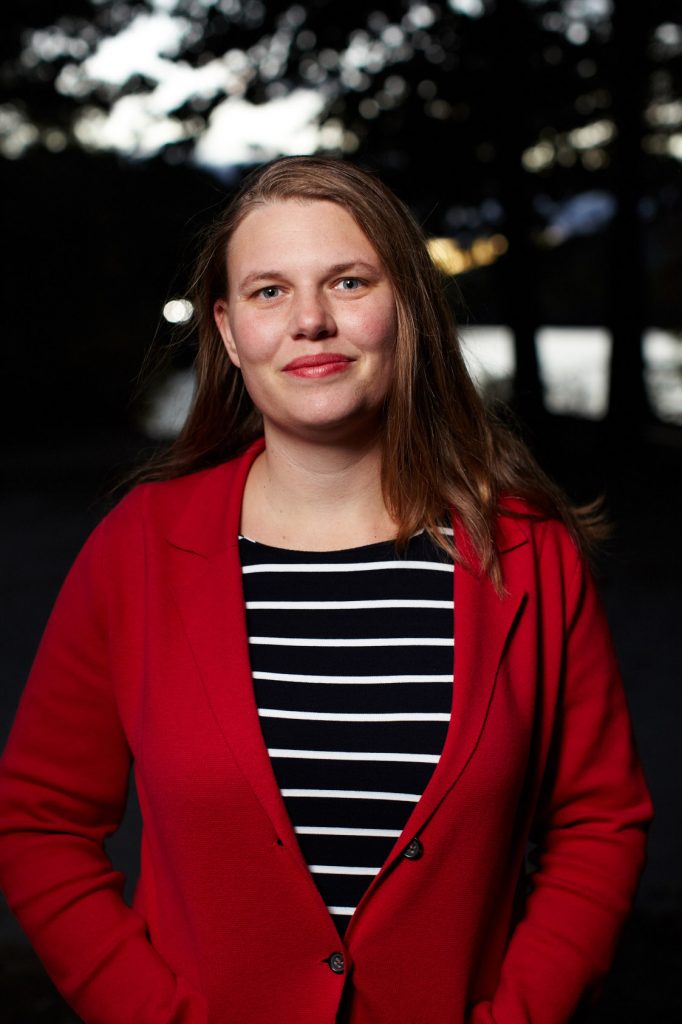
Sara Wylie
Associate Professor of Sociology and Health Sciences
Associate Director of SSEHRI for Community Group Engagement
Social Science Environmental Health Research Institute
Northeastern University
Ph.D., Massachusetts Institute of Technology
Phone: 617-373-2385
Office: 338 International Village
Email: s.wylie@northeastern.edu
Website: https://sarawylie.com/
Download CV
Sara Wylie is an Associate Professor at Northeastern University with a joint appointment in Sociology/Anthropology and Health Sciences, where she is a member of the Social Science Environmental Health Research Institute. Wylie seeks to develop new modes of studying and intervening in large-scale environmental health issues through a fusion of social scientific, scientific and art/design practices, and is engaged in developing open-source research projects on low cost thermal imaging, low cost imaging of water pollution, community-based methods for detection of hydrogen sulfide among other civic science projects. Her book, Fractivism: Corporate Bodies and Chemical Bonds published by Duke University Pressis an ethnographic study of the role science based NGOs played in the emergence of public concerns about the human and environmental health impacts of chemicals used in natural gas extraction, particularly hydraulic fracturing.
Wylie develops Citizen Science tools for studying environmental health issues, including methods for mapping community exposure to the neurotoxic gas hydrogen sulfide, crowdsource methods for analysis of images from environmental disasters, and methods for performatively visualizing environmental data.
Recently Wylie cofounded the Environmental Data and Governance Initiative (EDGI). EDGI is a collaboration of academics and non-profits working to track and respond to changes in U.S. federal environmental governance. Wylie has co-edited with Rebecca Lave EDGI’s 100 Days and Counting series of rapid response, public reports detailing and contextualizing changes in environmental governance under the Trump Administration.
Sara Wylie is a cofounder of Public Laboratory for Open Technology and Science, a non-profit that develops open source, Do It Yourself tools for community based environmental analysis. She received her Ph.D. from MIT’s History, Anthropology and Science, Technology and Society (HASTS) Program.
Wylie is also a JBP Environmental Health Fellow with Harvard T.H Chan School of Public Health. In 2017 she was recognized by the Collaborative on Health and the Environment (CHE) as one of 20 Pioneers in Environmental Health under 40. Her CHE webinar summarizes her book, work with Public Lab and EDGI.
AFFILIATED FACULTY
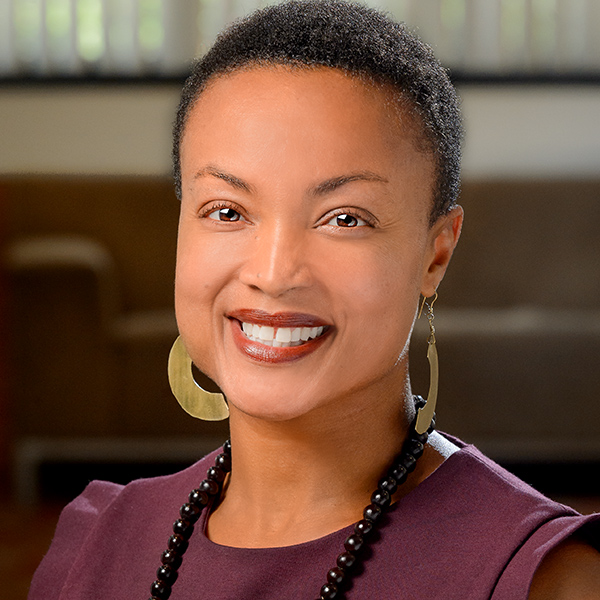
Shalanda Baker
Professor
School of Law, School of Public Policy and Urban Affairs
Northeastern University
Professor Baker joined the Northeastern faculty in 2017. She works closely with colleagues in Northeastern’s Global Resilience Institute, linking it to the School of Law’s Center for Law, Innovation and Creativity (CLIC). She teaches courses at the law school and in the College of Social Sciences and Humanities related to her research interests in environmental law and energy law.
Professor Baker served as an Air Force officer prior to her honorable discharge under the “Don’t Ask, Don’t Tell” policy, and became a vocal advocate for repeal of the policy. Following her graduation from law school, Professor Baker clerked for Justice Roderick Ireland of the Massachusetts Supreme Judicial Court. She also worked as a corporate and project finance associate for Bingham McCutchen, initially in Boston and later in Japan. Professor Baker completed a William H. Hastie Fellowship at the University of Wisconsin Law School, where she received her LLM. In 2016, she won a Fulbright award and spent a year in Mexico exploring energy reform, climate change and indigenous rights.
Before joining Northeastern’s faculty, Professor Baker spent three years as an associate professor of law at the William S. Richardson School of Law, University of Hawai’i, where she was the founding director of the Energy Justice Program. Prior to that, she served on the faculty at University of San Francisco School of Law.
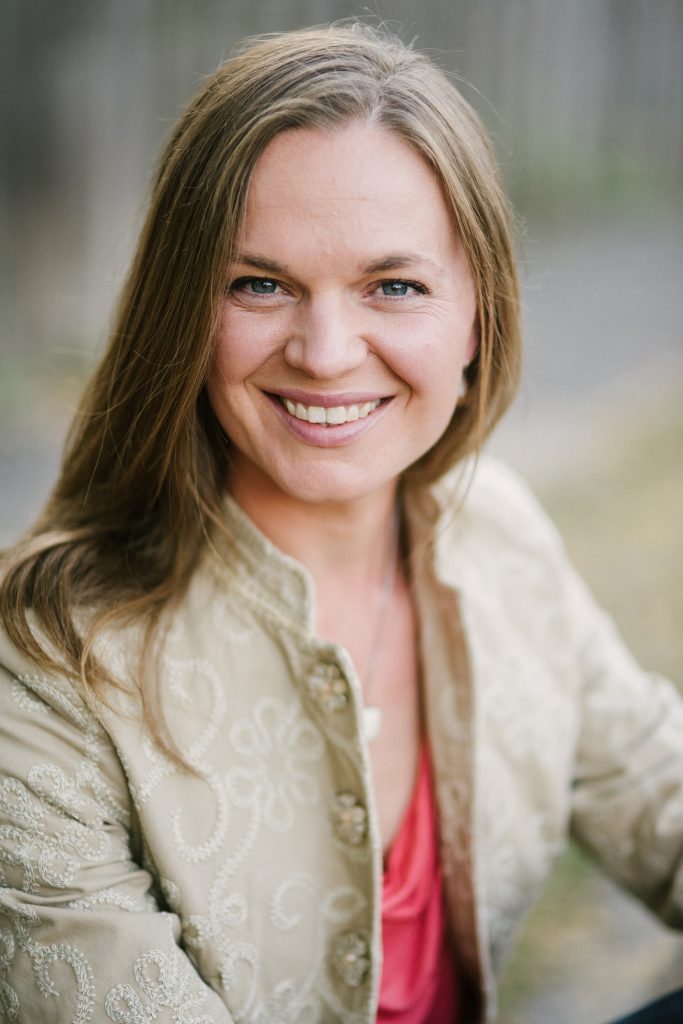
Alissa Cordner
Associate Professor
Sociology
Whitman College
Alissa Cordner is Associate Professor at Whitman College, where she teaches sociology and environmental studies courses. Her research focuses on environmental sociology, the sociology of risk and disasters, environmental health and justice, and public engagement in science and policy making. She is the author of Toxic Safety: Flame Retardants, Chemical Controversies, and Environmental Health (2016, Columbia University Press) and the co-author of The Civic Imagination: Making a Difference in American Political Life (2014, Paradigm Publishers). She has conducted extensive research on the regulation, research, and activism related to industrial chemicals. She is co-PI of SSEHRI’s NSF grant on PFAS chemicals and co-leader of the PFAS lab. She is also currently studying the sociological aspects of wildfire risk management in the Northwest.
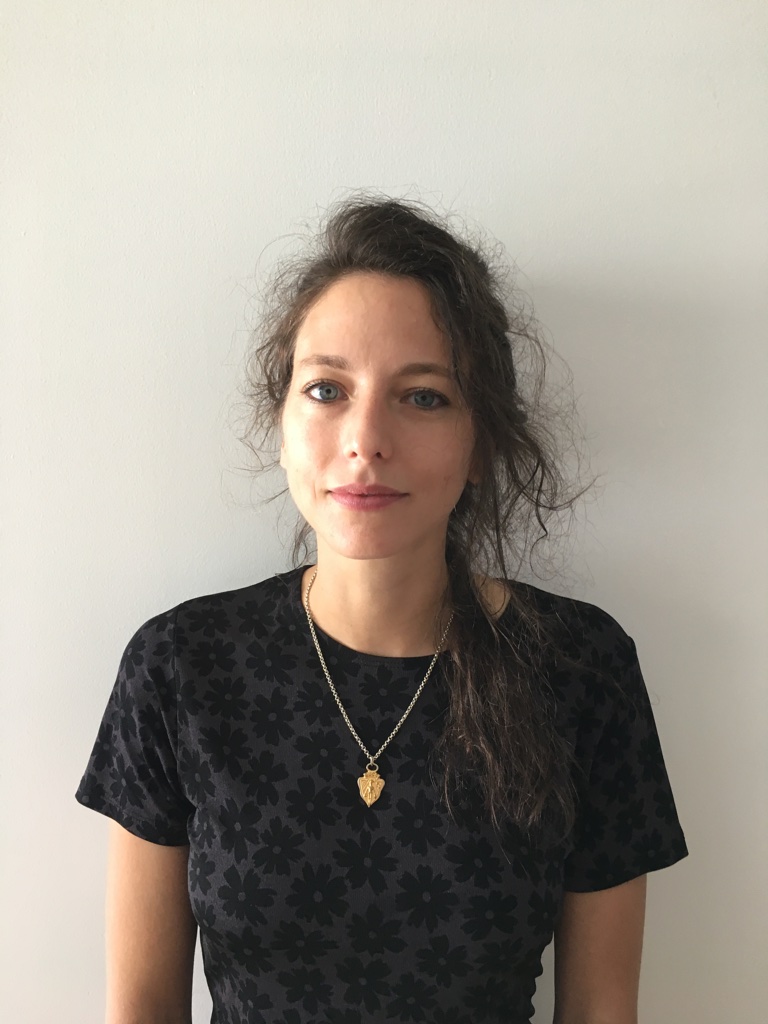
Assistant Professor
School of Public Policy and Urban Affairs
Department of Psychology
Northeastern University
Sara Constantino holds a joint appointment as an Assistant Professor in the School of Public Policy and Urban Affairs and the Department of Psychology. She is a visiting research scholar at the School of Public and International Affairs at Princeton University. She holds an MSc in Economics, a PhD in cognitive and decision sciences, and was a postdoctoral research fellow in social and environmental policy prior to joining Northeastern. Sara’s research bridges environmental and social policy, social-ecological systems research, psychology, and political science to understand how frontline communities interpret and respond to economic and weather-related shocks. In recent and ongoing projects, she bridges across scales of analysis, exploring how individual decision-making and social processes shape collective action and how collective action in turn disrupts or entrenches existing power relations. Two ongoing projects focus on the role of neighborhood-based organizations and mutual aid groups in the local adaptation and preparedness of coastal communities, as well as distribution of relief following disasters.
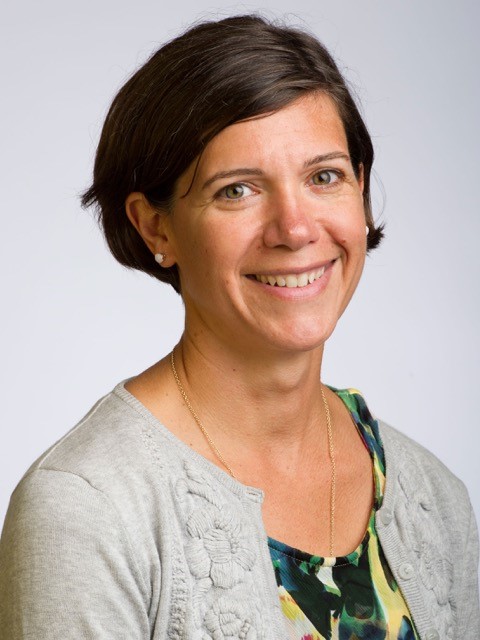
Loretta Fernandez
Associate Professor
Department of Civil and Environmental Engineering
Department of Marine and Environmental Sciences
Northeastern University
Loretta A. Fernandez joined the Department of Civil and Environmental Engineering and the Department of Marine and Environmental Sciences as an assistant professor in 2013, and now is an Associate Professor. She received her B.S. in Civil and Environmental Engineering from Northeastern University before pursuing S.M. and Ph.D. degrees at the Massachusetts Institute of Technology concentrating on environmental chemistry. Her graduate work focused on the development of sampling tools and techniques for measuring persistent organic pollutants in aquatic environments and porous media. Dr. Fernandez has also worked as a Fellow with the National Research Council, applying passive sampling techniques at superfund sites in coastal regions of California and Rhode Island, measuring pesticides, polychlorinated biphenyls (PCBs), and contaminants of emerging concern in water, sediments, and biota. Her research and teaching interests relate to investigating the transport, transformation, and biological exchange of organic contaminants in the environment, improving the quality and quantity of data available to scientists and environmental managers, and assessing the effectiveness of environmental remediation
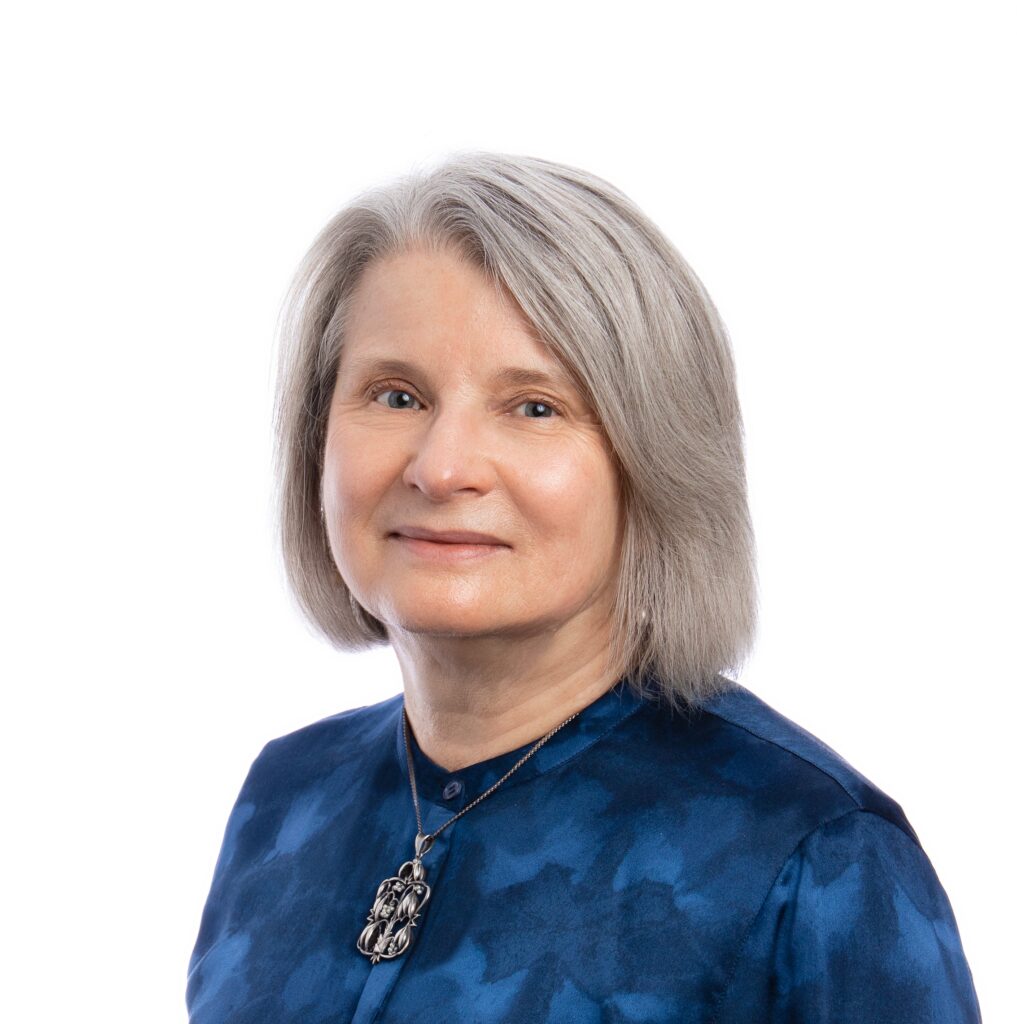
Sharon L. Harlan, PhD
Affiliate Professor of Health Sciences and Sociology
Bouve College of Health Sciences
College of Social Sciences and Humanities
Social Science Environmental Health Research Institute
Northeastern University
Email: s.harlan@northeastern.edu
Download CV
Dr. Harlan’s research explores the human impacts of climate change that are dependent upon people’s positions in social hierarchies, places in built environments of unequal quality, and policies that improve or impede human adaptive capabilities. Focusing on excessive heat and urban water systems as significant and increasingly critical threats to human health and well-being in cities, she studies social systems and landscapes that produce unequal risks for people in neighborhoods divided by social class and race/ethnicity. She has led multi-institutional, interdisciplinary research and community engagement projects that integrate social theories about the historical production of environmental injustices with data and models from the ecological, geospatial, and health sciences. Her social-ecological research has been supported by grants from the National Science Foundation (NSF) on urban vulnerability to climate change, concurrent heat waves and electrical grid failures, and water sustainability. At Arizona State University (ASU, 1998-2015), Dr. Harlan founded the Phoenix Area Social Survey (PASS) in 2001 and directed its transition to a panel study conducted every five years on environmental experiences, values, and perceptions in the metropolitan area. PASS is a foundational activity of ASU’s Central Arizona – Phoenix Long-Term Ecological Research project, of which she was a co-Principal Investigator. She is currently conducting research on vulnerability to water unaffordability and accessibility in environmental justice communities across selected cities in the United States. She has served as an advisor on climate justice and social vulnerability to organizations such as the American Sociological Association, the National Center for Atmospheric Research, the US Environmental Protection Agency, and the Social Science Coordinating Committee of the U.S. Global Climate Change Research Program. Her academic appointments include Professor of Health Sciences and Sociology at Northeastern University and core faculty in the Social Science Environmental Health Research Institute (2016-2022), and Chair of the Department of Health Sciences (2018-2022). She is an Affiliate Professor at Northeastern University and Emeritus Professor at Arizona State University.
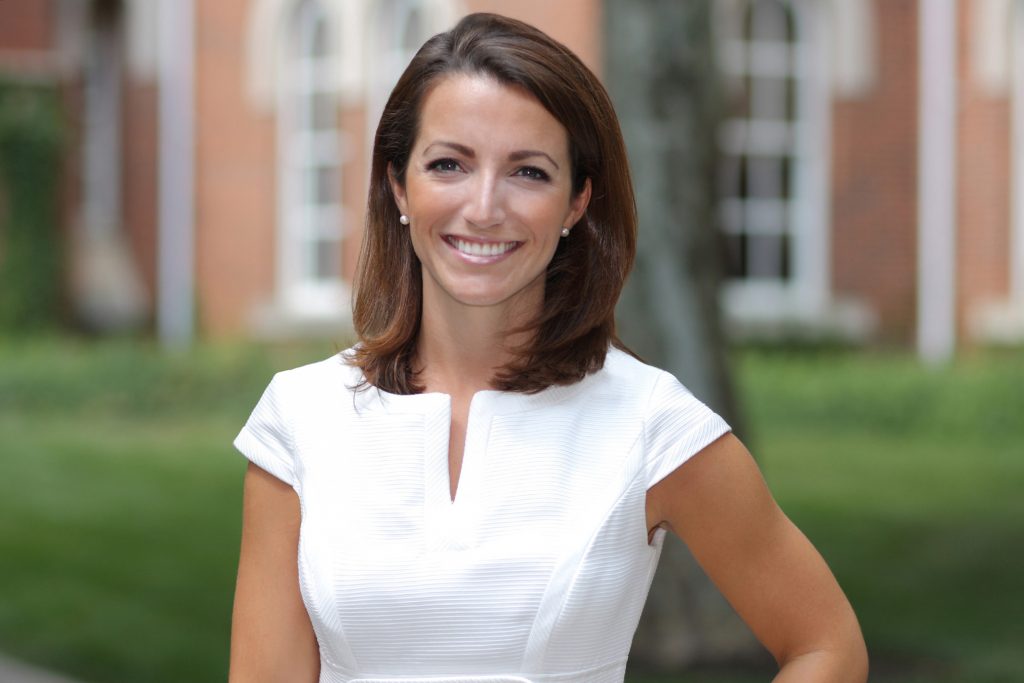
Susan Mello
Associate Professor
Communication Studies
Northeastern University
Email: s.mello@northeastern.edu
Susan Mello is an Associate Professor of Communication Studies at Northeastern University. Broadly, her research interests lie at the intersection of risk perception, health communication and the environment. Her recent work focuses on how exposure to risk information in the media, specifically about environmental toxins and cancer, impacts individual perceptions and protective health behaviors. Her work has appeared in Journal of Health Communication, Risk Analysis, and Nicotine & Tobacco Research.
Prior to joining the faculty at Northeastern, Dr. Mello served on the faculty at The Ohio State University. She earned her doctoral and master’s degrees from the Annenberg School for Communication at the University of Pennsylvania, where she also taught undergraduate courses and worked as a research assistant in a National Cancer Institute-funded Center of Excellence in Cancer Communication Research. Dr. Mello was a 2007-2008 U.S. Fulbright Fellow to Québec City, Canada, and also worked in public relations for Discovery Communications, Inc. – the parent company of the Discovery Channel, Discovery Health, and Planet Green. She graduated summa cum laude from Boston College with a BA in Communication.
At Northeastern University, she teaches classes on communication theory, health communication campaigns and regularly guest lectures for the Bouvé College of Health Sciences Honors Program.
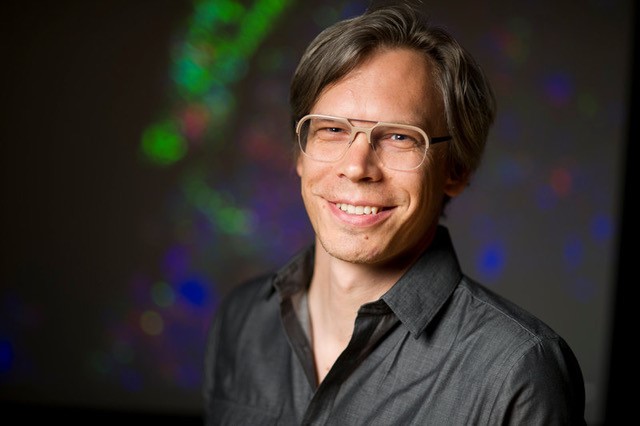
Dietmar Offenhuber
Associate Professor
Art + Design and Public Policy
Northeastern University
Dietmar Offenhuber is Associate Professor at Northeastern University in the departments of Art + Design and Public Policy, where he heads the Information Design and Visualization graduate program. He holds a PhD in Urban Planning from MIT, a MS in Media Arts and Sciences from the MIT Media Lab, and a Dipl. Ing. in Architecture from the Technical University Vienna. His research field could be described as Accountability-oriented Design – focusing on the relationship between data, design and governance.
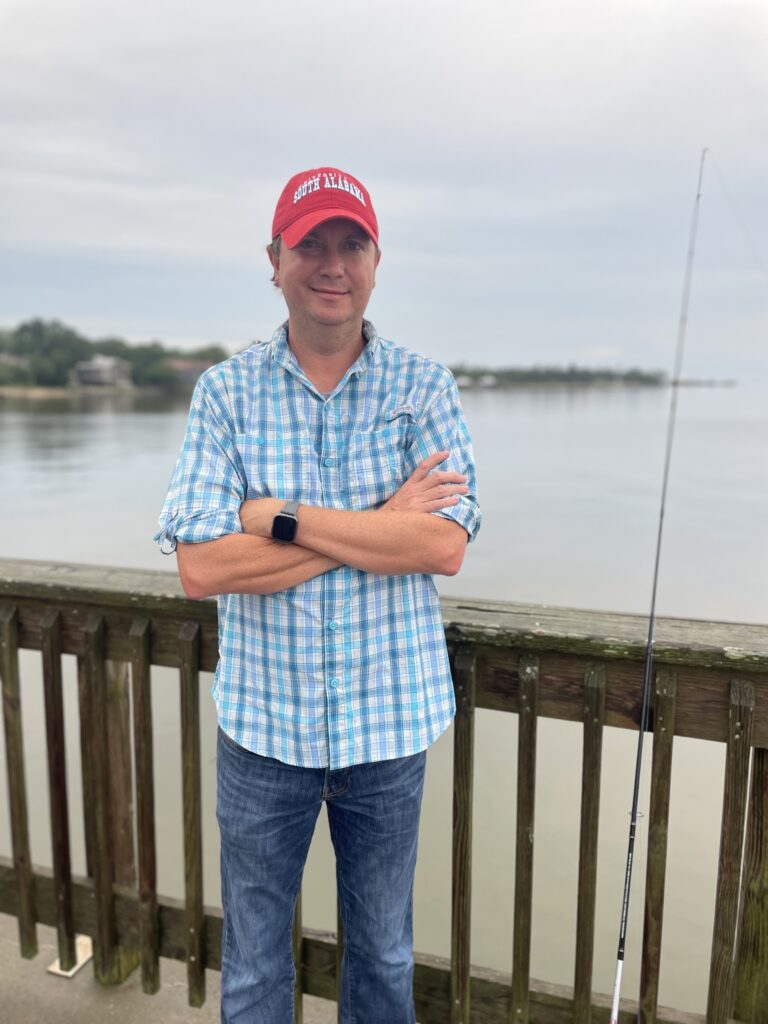
Steven B. Scyphers, PhD
Associate Professor, School of Marine & Environmental Sciences
University of South Alabama
Email: sscyphers@southalabama.edu
P: (251) 460-7136
600 Clinic Drive
Mobile, AL 36688
Steven B. Scyphers is an Associate Professor in the School of Marine and Environmental Sciences and Associate Professor of Sociology in the the Department of Sociology, Anthropology, and Social Work at the University of South Alabama. He is also a Senior Marine Scientist II at the Dauphin Island Sea Lab. Prior to his current position, Scyphers was a tenured Associate Professor at Northeastern University in the Department of Marine and Environmental Sciences and Core Faculty in the Social Science Environmental Health Research Institute (SSEHRI). His lab’s research integrates ecology and sociology to understand and overcome major challenges facing coastal communities, including sustainable fisheries, coastal development, ecosystem restoration, and climate adaptation. His work has received more than $26 million in grant funding and resulted in over 65 publications in journals including Proceedings of the National Academies of Sciences, Conservation Letters, Ambio, and Marine Policy. Scyphers currently serves as a member of the Scientific and Statistical Committee and Ecosystem Technical Committee of the Gulf of Mexico Fishery Management Council. He has also served on three National Academies of Sciences, Engineering, and Medicine Committees, including the Standing Committee on Offshore Wind Energy and Fisheries, Ad-hoc Committee on Equity in Fisheries, and Ad-hoc Committee on Data and Management Strategies for Recreational Fisheries with Annual Catch Limits. Scyphers received a B.S. in Marine Biology from Auburn University and a Ph.D. in Marine Sciences from the University of South Alabama and the Dauphin Island Sea Lab.
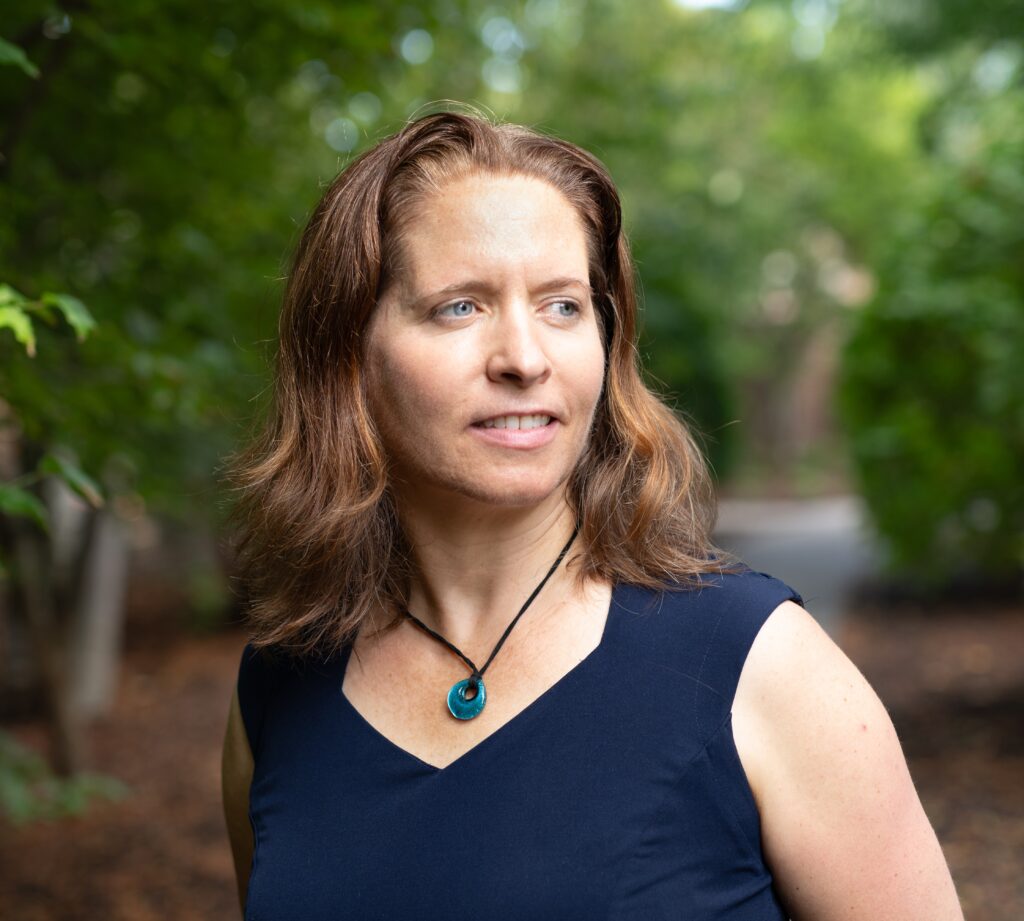
Jennie C. Stephens
Dean’s Professor of Sustainability Science & Policy
School of Public Policy & Urban Affairs
Associate Director of Strategic Research Collaborations
Global Resilience Institute
Northeastern University
Jennie C. Stephens is the Director of the School of Public Policy & Urban Affairs and the Dean’s Professor of Sustainability Science & Policy at Northeastern. Professor Stephens is also the Director for Strategic Research Collaborations at Northeastern’s Global Resilience Institute. Her research, teaching, and community engagement focus on social and political aspects of the renewable energy transition, reducing fossil fuel reliance, and strengthening societal resilience by integrating social justice with climate and energy policy. Her work explores institutional and cultural innovation in energy, including gender diversity and energy democracy, technological optimism, and enhancing the “usability” of climate science in strengthening climate resilience. Professor Stephens received a 2017 Arab-American Frontiers Fellowship from the National Academy of Sciences, she is a 2015-2016 Leopold Leadership fellow, and her book “Smart Grid (R)Evolution: Electric Power Struggles” (Cambridge University Press, 2015) explores social and cultural debates about energy system change (co-authored with Wilson & Peterson). Before joining Northeastern University in 2016, Professor Stephens held the Blittersdorf Professorship at the University of Vermont (2014-2016) and was on the faculty at Clark University (2005-2014). She earned her PhD (2002) and MS (1998) at Caltech in Environmental Science & Engineering and her BA (1997) at Harvard in Environmental Science & Public Policy.
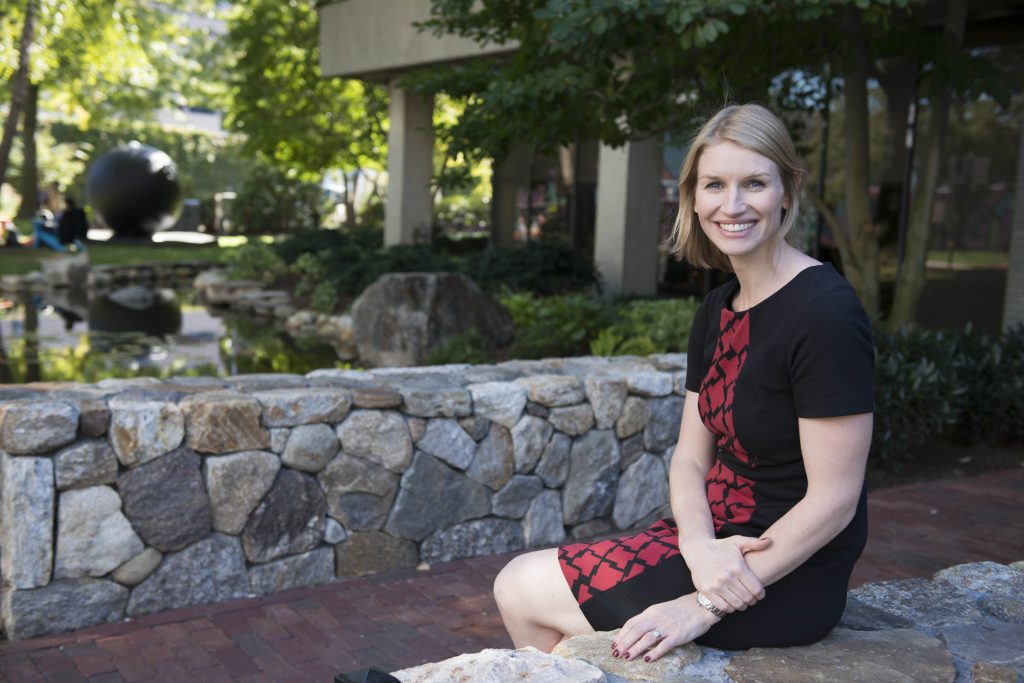
Emily Zimmerman, PhD., CCC-SLP
Associate Professor
Department of Communication Sciences & Disorders B
Bouve College of Health Sciences
Northeastern University
Professor Zimmerman’s research is focused on the link between early sucking, feeding and infant vocalizations through an array of objective, customized sensors and technologies. She studies the environmental, maternal, physiological, and genetic influences of these behaviors across patient populations and cultures. Using insights from these studies, Dr. Zimmerman creates novel therapeutic paradigms designed to enhance these early oromotor behaviors with the overarching goal of improving subsequent neurodevelopment.
Dr. Zimmerman is the Early Career Investigator for the Center for Research on Early Childhood Exposure and Development in Puerto Rico (CRECE). CRECE is utilizing Dr. Zimmerman’s non-nutritive suck (NNS) assessment immediately after birth, thus having the potential to detect exposure related effects earlier than they are typically found in biomarkers and evaluations that take place later in childhood. NNS may also provide a more nuanced understanding of dose-response relationships, increasing the study’s relevance to policy and regulatory limits in other exposure settings. In addition to NNS, CRECE assess the effects of environmental exposures on neurodevelopmental outcomes (speech, language, cognition, motor) through standardized tests and parental questionnaires in the same cohort of infants until age four.
AFFILIATED RESEARCHERS
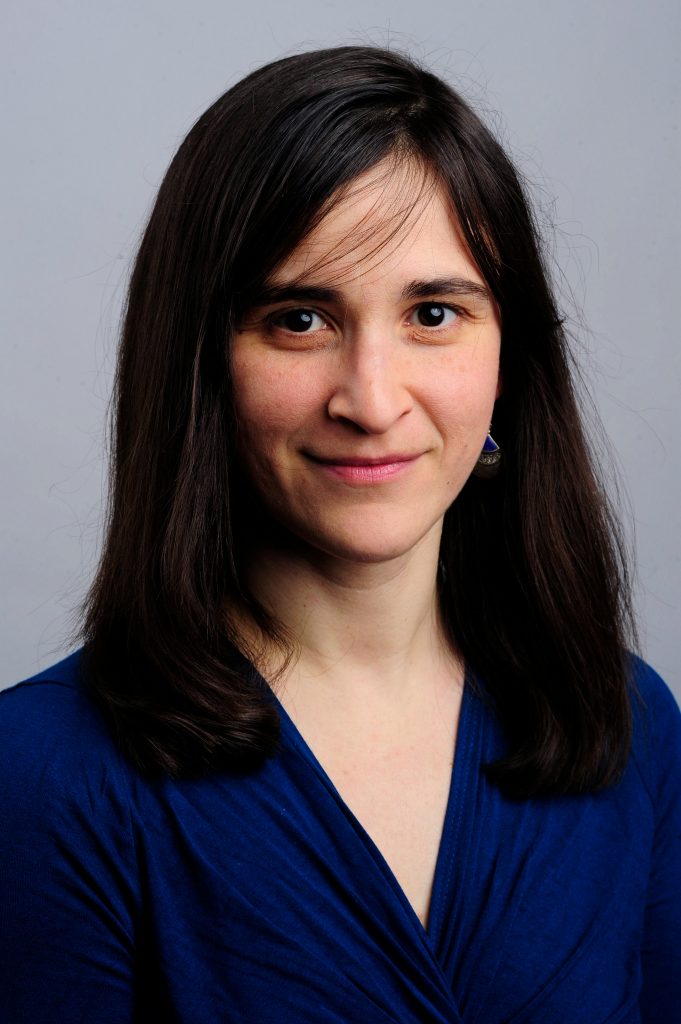
Jennie Ohayon, PhD
Research Scientist
Silent Spring Institute
Download CV
Jennie Liss Ohayon is a research scientist at the Silent Spring Institute, a non-profit environmental health research institute. She is currently working on projects to report back to study participants and community partners in the U.S. and Chile their exposures to endocrine disrupting chemicals. She also researches the emergence of scientific and activist concerns around industrial chemicals with Northeastern’s PFAS lab, and, in collaboration with co-investigators at the University of California, Berkeley, is evaluating the effectiveness of California-based legislation that aims to reduce or eliminate exposures to toxic substances. With the support of the Massachusetts Toxic Use Reduction Institute, she recently partnered with high schools across the state to translate environmental health research into hands-on curriculum that helps students reduce toxic exposures. She works with the Environmental Data and Governance Initiative, a network formed to address threats to federal environmental policy and data, to track changes to EPA’s structure and science production.
Jennie completed her PhD at the University of California, Santa Cruz researching the remediation of toxic waste in military Superfund sites. With research support from the EPA’s Science to Achieve Results fellowship and the National Science Foundation, she did fieldwork to evaluate how policy around public participation and environmental justice is translated into cleanup programs. She also used data from all military Superfund sites for quantitative and spatial analyses of how factors such as the race and class demographics of surrounding neighborhoods contribute to how quickly sites are remediated. During this time, she created an interactive curriculum in environmental sciences for high school students that are disproportionately affected by environmental problems and who come from communities that are underrepresented in the field of environmental science.
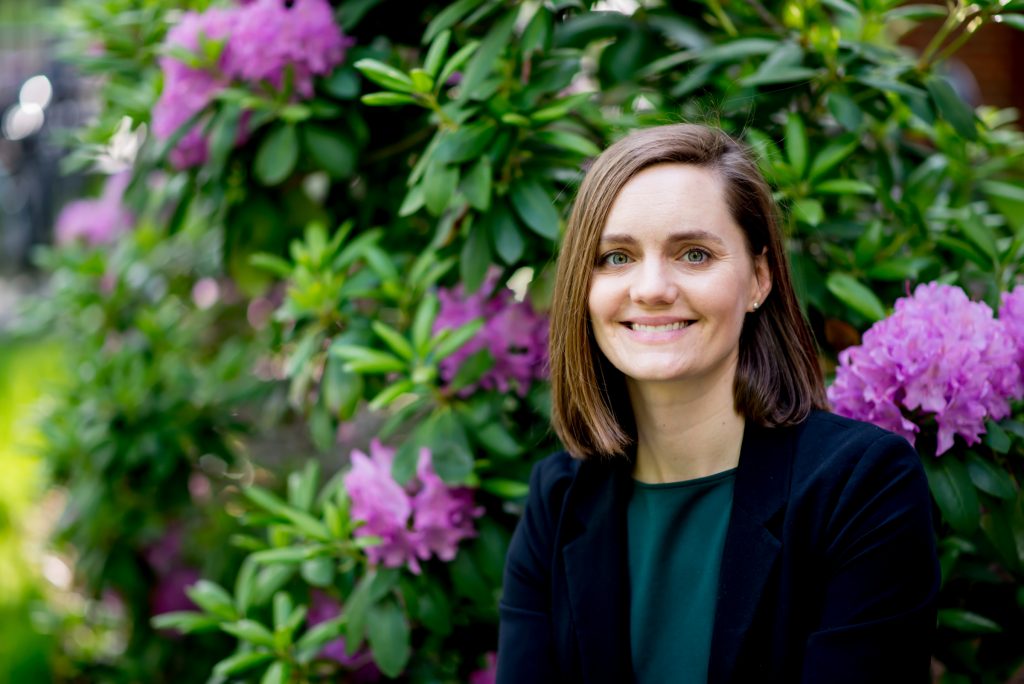
Lauren Richter, Ph.D.
Assistant Professor
University of Toronto Mississauga
Email: lauren.richter@utoronto.ca
Lauren Richter is an Assistant Professor of Sociology at the University of Toronto Mississauga. She studies social inequality, health, and the environment. She uses qualitative interviews, ethnography, and archival approaches to broadly examine responses to adverse environmental health impacts. She focuses on U.S. regulatory frameworks and scientific knowledge/ignorance production to understand how inequality shapes pollution exposure and recourse. Richter has published in Environmental Sociology, Environmental Health, Environmental Science & Technology, Social Studies of Science, Organization & Environment, the American Journal of Public Health, and the Journal of Exposure Science & Environmental Epidemiology.
POSTDOCS AND RESEARCH SCIENTISTS
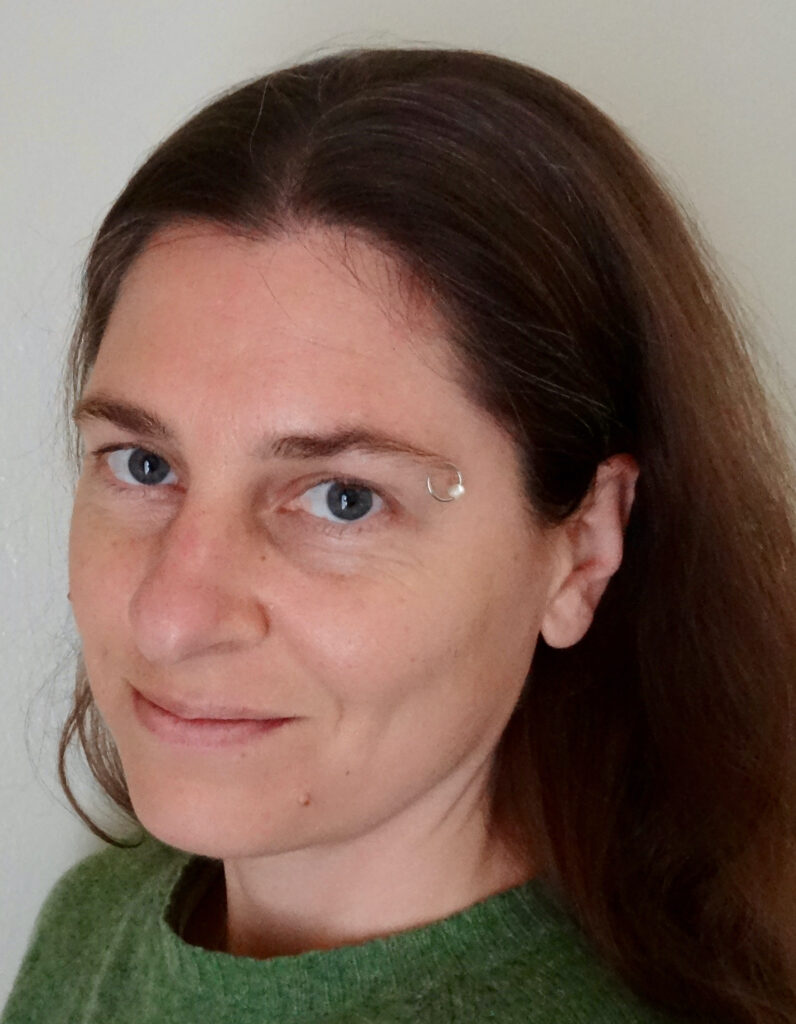
Abigail Bline
Postdoctoral Research Fellow
Northeastern University and Silent Spring Institute
Email: a.bline@northeastern.edu
Abby is a multidisciplinary scientist with expertise in environmental science, toxicology, and developmental biology. Her research focuses on biological mechanisms underlying health effects from PFAS and other environmental toxicant exposures and translating this information into action that promotes public health. She joined SSEHRI and its PFAS Project Lab in September 2022 and has a dual appointment with Silent Spring Institute as a trainee in the “Transdisciplinary Training at the Intersection of Environmental Health and Social Science” program. She received her PhD from the University of California Los Angeles for her research examining the effects of PFAS exposure on germ cell development and reproductive function. She also holds an MSc in ecotoxicology from the University of Koblenz-Landau, where she completed her thesis on the aquatic toxicity of pesticides from non-agricultural uses. Prior to completing her graduate studies, Abby worked as an environmental consultant conducting contaminated site investigations.
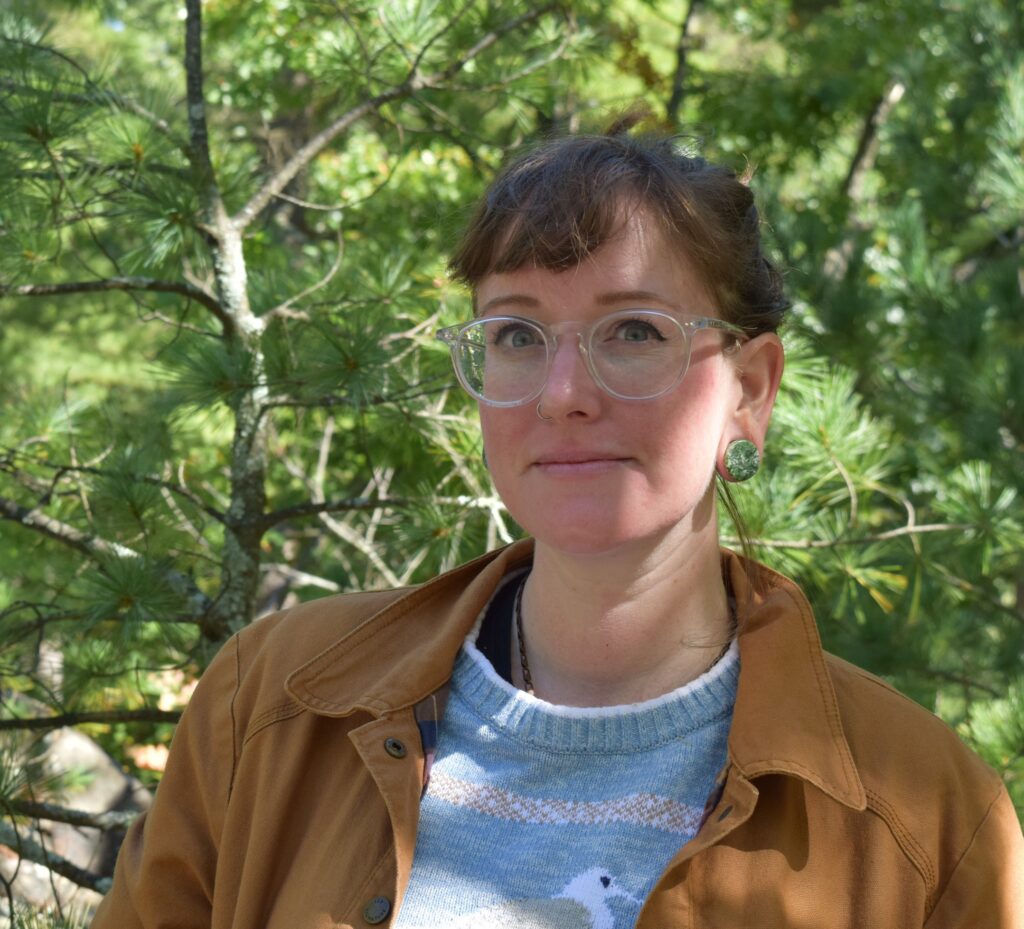
Kimberly Garrett
Postdoctoral Research Fellow
Social Science Environmental Health Research Institute
Northeastern University
Email: k.garrett@northeastern.edu
Kim joined SSEHRI in March 2022 and is a member of the PFAS Project Lab. She’s passionate about interdisciplinary research and is interested in interactions between chemical pollutants and gender, race, class, and labor. She completed her PhD in Environmental and Occupational Health at the University of Pittsburgh where she studied environmental toxicology and risk assessment. She’s currently researching the spatial distribution of PFAS contamination and engaging in public science communication.
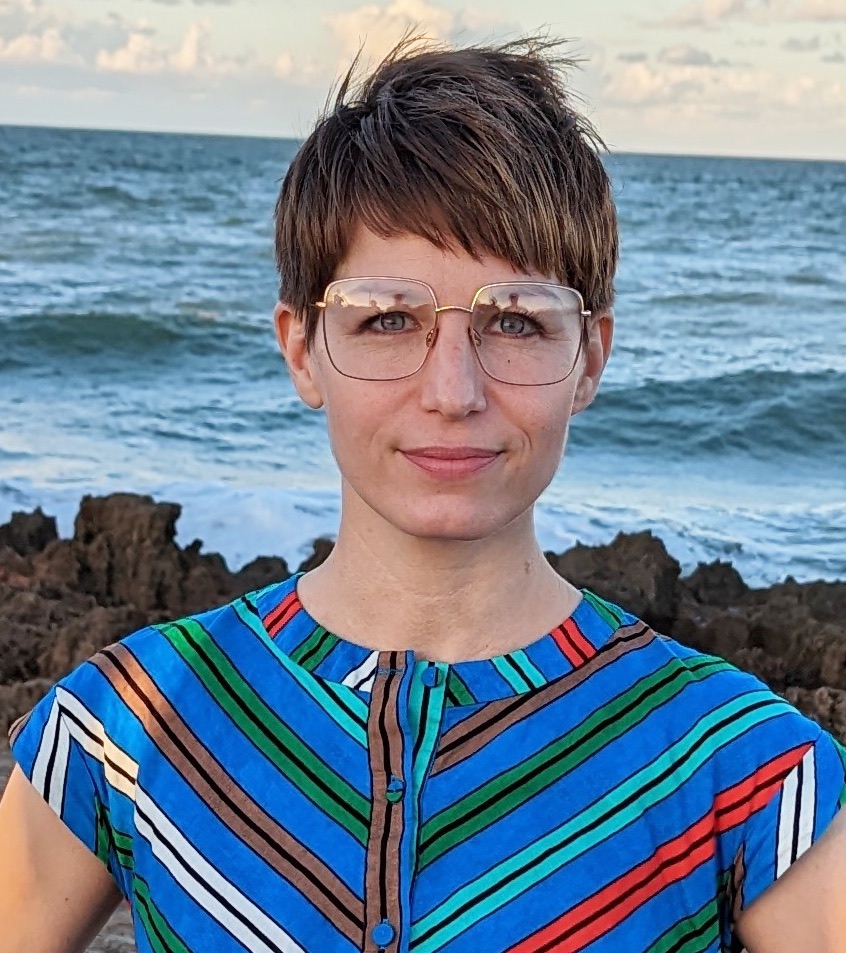
Leah Horgan
Postdoctoral Research Fellow
Social Science Environmental Health Research Institute
Northeastern University
leah.elaine.h@gmail.com
Leah Horgan is a critical informatics scholar and designer whose work examines the intersection of technology, design, and urbanism. They are currently a Computing Innovation Fellow at Northeastern University working in the WEDJ (Wylie Environmental Data Justice) Lab. Their doctoral work and forthcoming book project examines what it means to become smart / data-driven based on a two-year ethnography of Los Angeles City Hall. They also support local organizing efforts in housing justice and abolition.
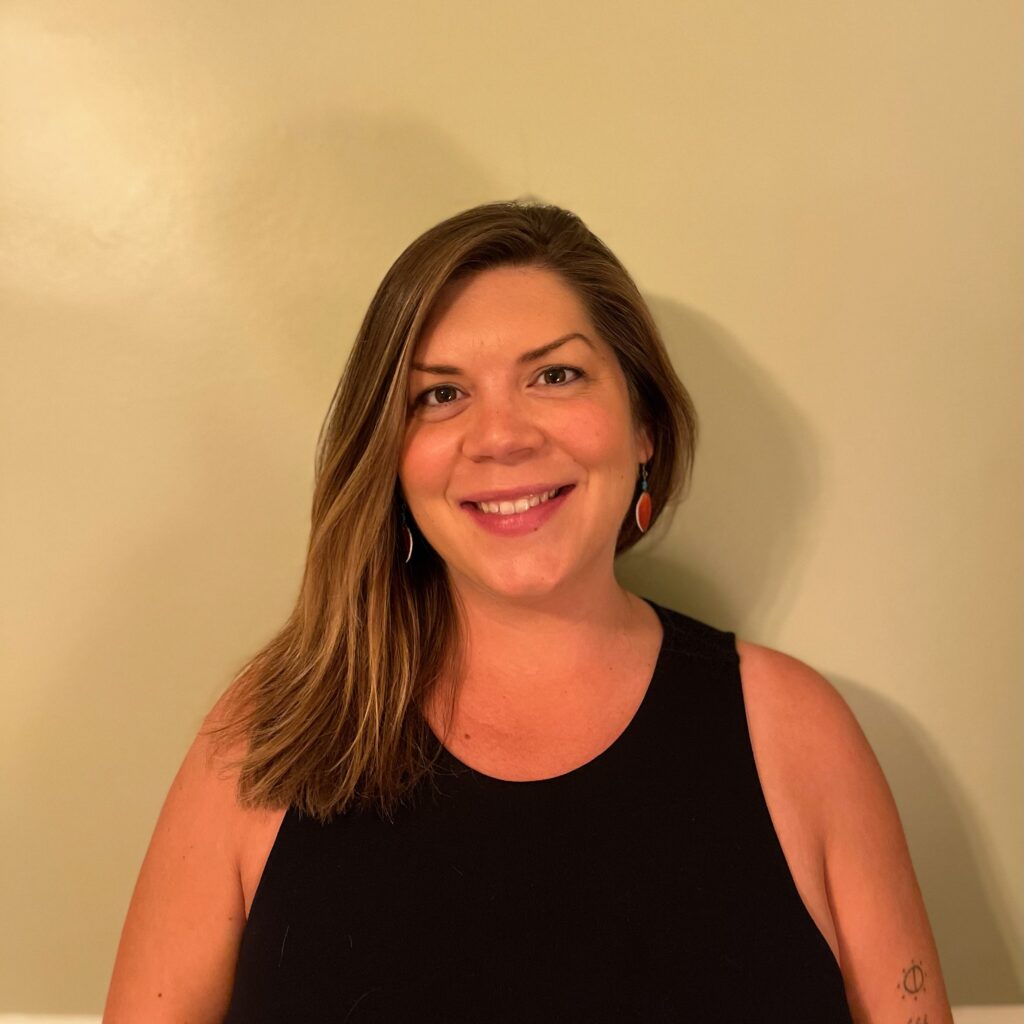
Postdoctoral Research Associate
Northeastern University
Email: ca.mullen@northeastern.edu
Casey joined the SSEHRI team in July 2023. She earned her Doctor of Philosophy degree (2023) at the University of Utah, her Bachelor of Arts (2013) at East Carolina University, and her Master of Arts (2018) at Florida Atlantic University while majoring in Sociology for all degrees. With research support from the National Science Foundation, she conducted dissertation research assessing the exposure experiences of 27 families impacted by asthma and air pollution, and their use of low-cost air quality sensing technology. Currently, through a dual appointment at Silent Spring Institute, Casey will conduct interviews with research personnel on their experiences with report-back (i.e., reporting back personal biomonitoring and environmental exposure results to participants). With the results of these interview data, the study team will further develop a hands-on researcher report-back training program. She is also affiliated with the Intelligent Solutions to Urban Pollution for Equity and Resilience (iSUPER) Impact Engine’s committee on Community Engagement at Northeastern University. Through this role, Casey will help coordinate outreach experiences related to air quality sensing with partnered communities in the Greater Boston area. Her research interests include community engagement, citizen science, participatory air quality monitoring, environmental justice, report-back, mentoring undergraduate research, and qualitative research methods. In her free time, she enjoys making memories with her daughter, husband, and dog, cooking and trying new foods, taking leisurely bike rides, relaxing at the beach, learning local histories, and reading suspenseful horror stories.
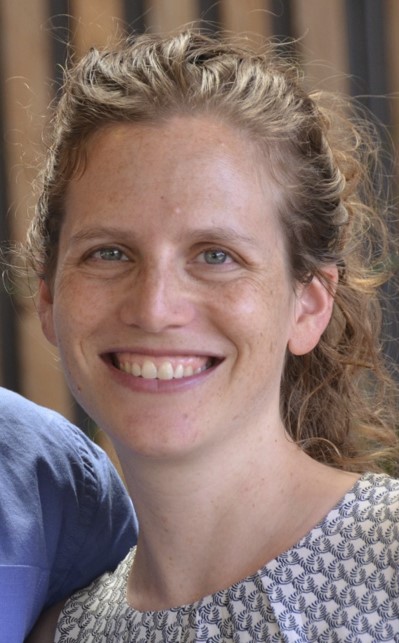
Visiting Scholar
Northeastern University
Dr. Shir Sharon, a visiting scholar from Israel, is the former coordinator of the Israeli House of Parliament (Knesset) subcommittee for the Impact of Environment and Climate on Health. She helped formulate the decree to ban the use of PFAS in fire extinguishers used for practice and exercises in Israel. She has a background in Molecular Biology, specifically in the fields of Microbiology, Immunology and Plant Science.

Vivian Underhill
Postdoctoral Researcher
Northeastern University
Email: v.underhill@northeastern.edu
Vivian Underhill’s scholarship bridges groundwater hydrology, anthropology, and feminist and critical race science studies toward community-engaged research on oil, groundwater, and the environmental justice issues surrounding their extraction. She holds a B.A. in Hydrology from the University of Colorado and a Ph.D. in Feminist Studies from the University of California, Santa Cruz. Through archival research, ethnographic work, and community collaborations, her book manuscript in progress, Rivers of Water and Lakes of Oil: Geographies of Environmental Justice in Colonial California, investigates scientific knowledge and environmental justice activism around groundwater contamination and oil drilling in California’s San Joaquin Valley. With colleagues at SSEHRI, she is currently working with Open-FracFocus, an open-source database that makes fracking disclosure data more publicly accessible and transparent, to produce unique analyses of fracking chemical use in aggregate.
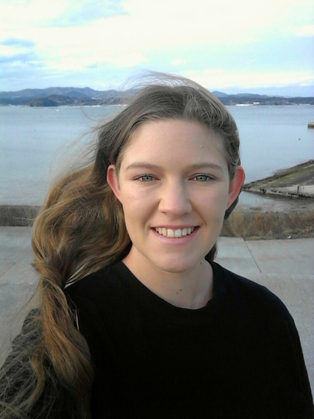
Kayleigh Ward
Postdoctoral Research Associate
Social Science Environmental Health Research Institute
Department of Sociology and Anthropology
Northeastern University
360 Huntington Avenue, 961 RP
Boston, MA 02115
Email: k.ward@northeastern.edu
Website: https://kayleighward.com/
Kayleigh Ward joined the Water Equity Team in September of 2022. Her work bridges across theoretical and applied areas of community engagement, community development, rural studies, and environmental sociology. She received her Dual Ph.D. in Sociology and Environmental Science & Policy from Michigan State University. Before coming to Northeastern University, she worked primarily with disaster affected rural communities in Japan. There she focused supporting community development and revitalization through community based participatory research to craft community-specified context-specific solutions with local partners. Currently, she focuses on addressing water unaffordability in the US and how it affects low-income, underserved, minority, and other disenfranchised groups through the WET lab. Additionally, Kayleigh has worked extensively with non-profits and service organizations and incorporates this experience into her other projects on addressing community-engaged research ethical issues in higher education.
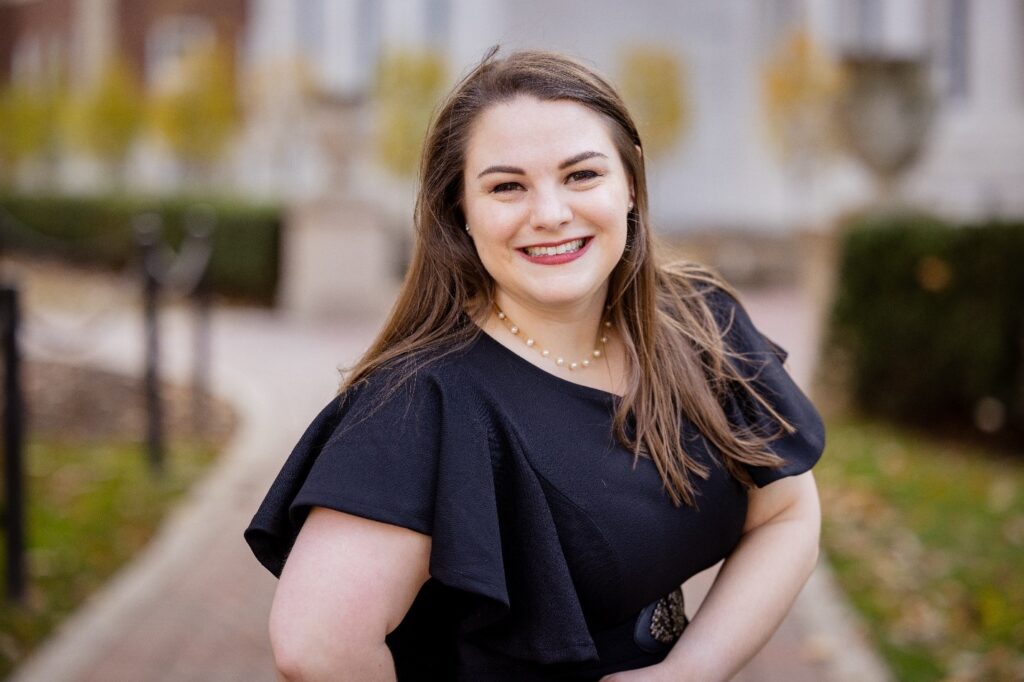
Megan Woodbury
Postdoctoral Research Associate
Puerto Rico Testsite for Emerging Contamination Threats (PROTECT)/Center for Research on Early Childhood Exposure and Development in Puerto Rico (CRECE)
Northeastern University
m.woodbury@northeastern.edu
Megan is a Postdoctoral Research Associate with PROTECT and CRECE as part of the NIH Environmental influences on Child Health Outcomes (ECHO) Program under the guidance of Drs. Emily Zimmerman and Akram Alshawabkeh. Her research primarily focuses on understanding the relationships of non-nutritive suck (NNS) with prenatal exposures and later cognitive outcomes. Megan earned a B.A. in Psychology and a B.S. in Biology from Northern Illinois University before pursuing a PhD in Neuroscience from the University of Illinois Urbana-Champaign, where her dissertation work focused on the relationships of prenatal exposures to a class of endocrine disrupting chemicals called phthalates and acetaminophen with early language development and attention. In her free time, she enjoys spoiling her nephew, painting her nails, reading, listening to true crime and history or political/comedy podcasts, and spending time with her husband and their cat, Curie.
STUDENTS
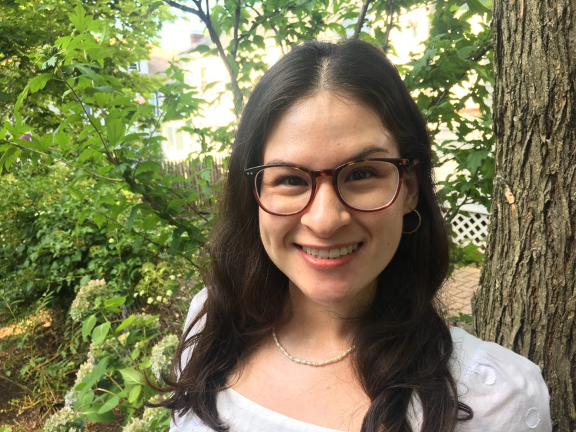
Marina Atlas
Masters of Public Health in Urban Health Candidate
Northeastern University
Marina (Goreau) Atlas is a 2nd year graduate student at Northeastern University. She received a BA/BS in Environmental Studies and a Social Justice and Social Policy minor in 2012 from Brandeis University, earning highest honors for her thesis on regulatory barriers to effective personal care product ingredient regulation under the FDA’s Food, Drug, and Cosmetic Act. Prior to her studies at Northeastern, Marina served as an Environmental Protection Specialist, Criminal Intelligence Specialist, and Team leader working with the US EPA, Region 1 for 5 years on toxics regulation while also providing free community assistance and outreach to over 70 communities in New England by reducing the risk of preventable toxic chemical exposure in schools. She was recognized a 2011 National Science Foundation scholar for this work, presenting on it at conferences like the 15th Annual Green Chemistry & Engineering Conference/5th International Conference on Green & Sustainable Chemistry.
Since 2015, she has worked with the PFAS-Project lab at SSEHRI. She recently did a practicum at Silent Spring Institute, working with the PFAS-Research, Education, and Action for Community Health (PFAS-REACH) project. Previously her work applied epidemiological methods and biostatistical tools that she learned at Northeastern to identify, characterize, and re-assess, ecological-exposure to PFAS and related health effects observed in nearby communities. Marina’s research interests include exposure to inorganic chemicals as they impact bodily systems, with regard to environmental health and justice and urban health. Particularly, she is interested in learning about how the impacts of PFAS compounds on individuals, their families, and communities can be mitigated through strategic science translation.

Undergraduate Student
Public Health
Northeastern University
Sabrina Balmaseda is a third-year student from San Francisco pursing a BA in Public Health with a minor in Sociology. She also plans on obtaining a Master’s in Public Health once graduating from Northeastern University. For her first co-op Sabrina was a ROUTES Scholar and research assistant for the PFAS Project Lab. She will be continuing to work with Dr. Julia Varshavsky and Dr. Abigail Bline as a research assistant for the PFAS Project Lab. She first became interested in environmental health in high school after interning for the San Francisco Public Utilities Commission as a Project Pull Intern.
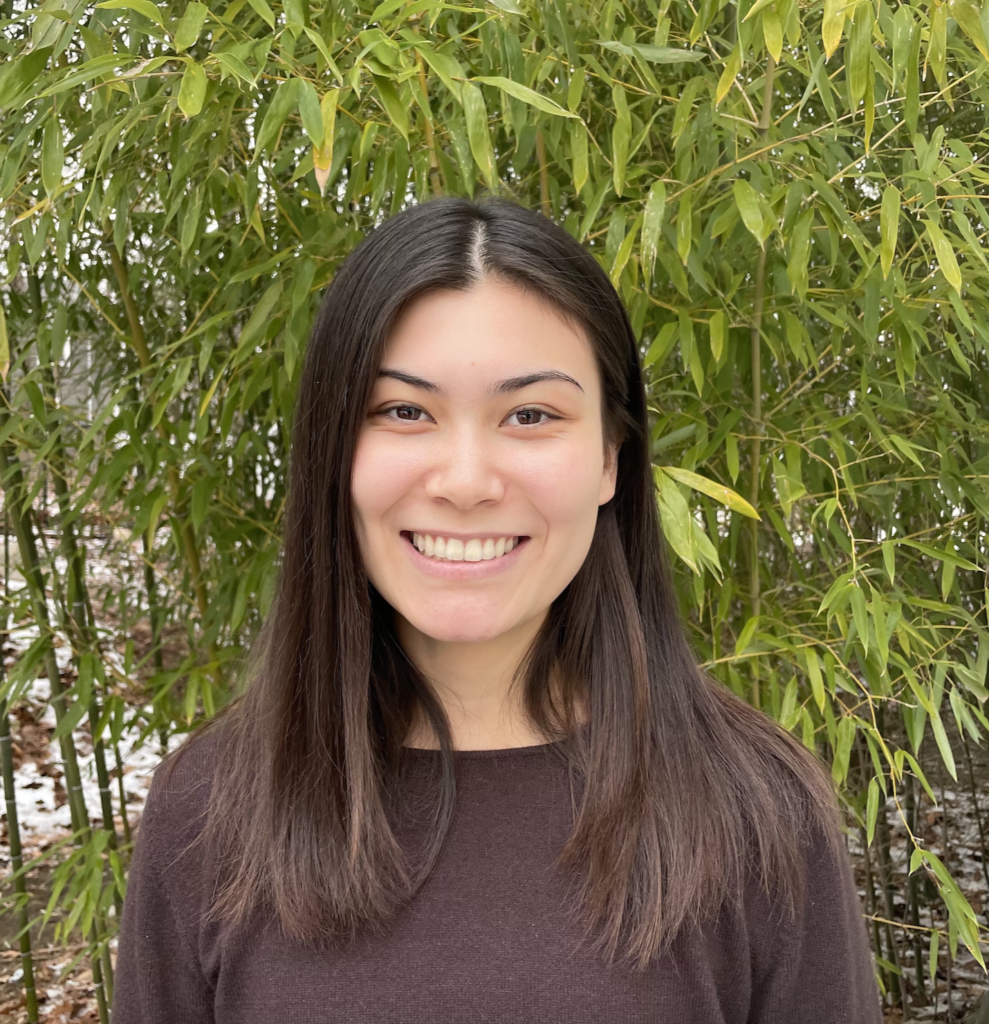
Undergraduate Student
Public Health
Northeastern University
Alana Caluwe is a second-year undergraduate student at Northeastern University pursuing a BA in Public Health and minoring in Environmental Studies. She joined the PFAS Project Lab in January 2023 as an undergraduate research assistant. Alana became interested in PFAS when she learned about the high levels of PFAS in her town’s drinking water. After learning about this, she learned how PFAS have infiltrated almost all aspects of life. She further became interested in chemicals in cosmetics and personal care products. She is also very interested in environmental justice and has done extensive projects on different EJ cases. Alana is interested in informing the general public about the health effects of PFAS and bringing more awareness to this issue.
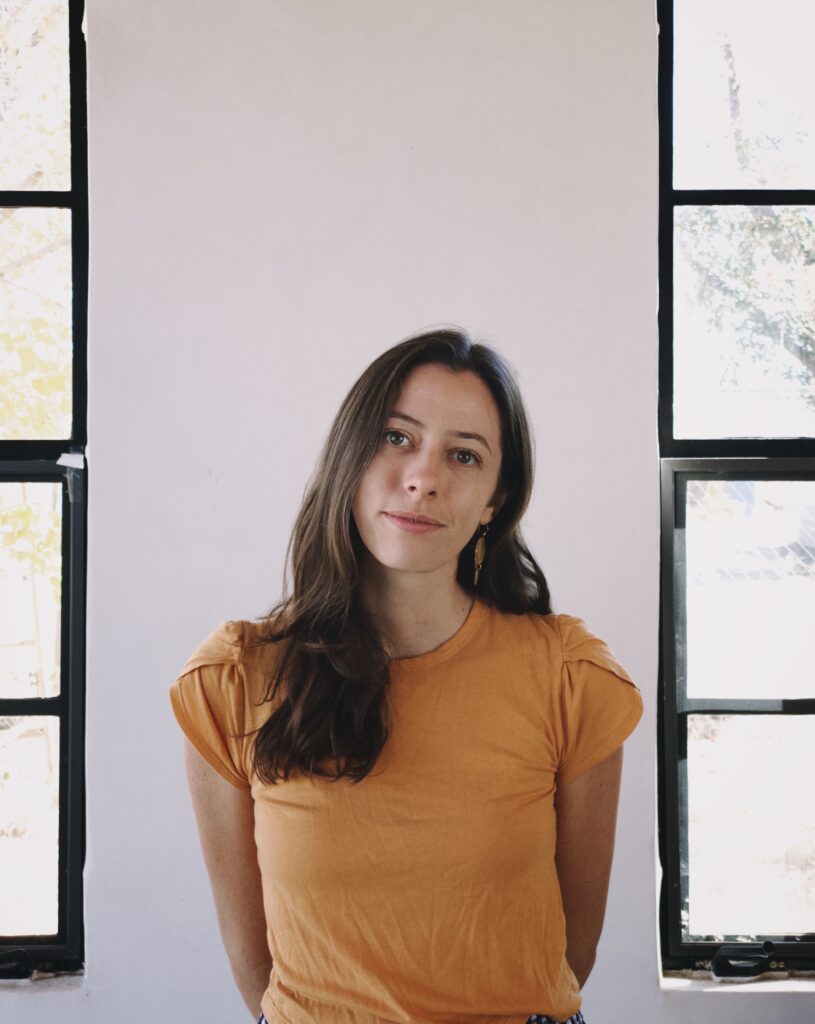
Allison Donine Deese
Ph.D. Candidate
Sociology
Northeastern University
Allison is a PhD student in Sociology at Northeastern University, with a B.A. in Environmental Analysis and Policy from Pitzer College. Prior to coming to Northeastern Allison served as Peace Corps volunteer in the Philippines, working in the coastal resources management (CRM) sector to build local capacities and cross-sector coordination to address mounting socio-environmental concerns. Allison also served as an Americorps member with the American Red Cross, working over 1500 hours in emergency response and preparedness education. Passionate about the intersection of environmental disasters, armed conflict, and gender studies, Allison hopes to draw attention to the power women possess to redefine what is expected of them under conditions of social stress and to challenge male dominance in humanitarian action. Her research interests include exploring the potential for international aid organizations to enhance the capacity of women-led networks to better meet the needs of marginalized communities across ethnopolitical boundaries during protracted crises.
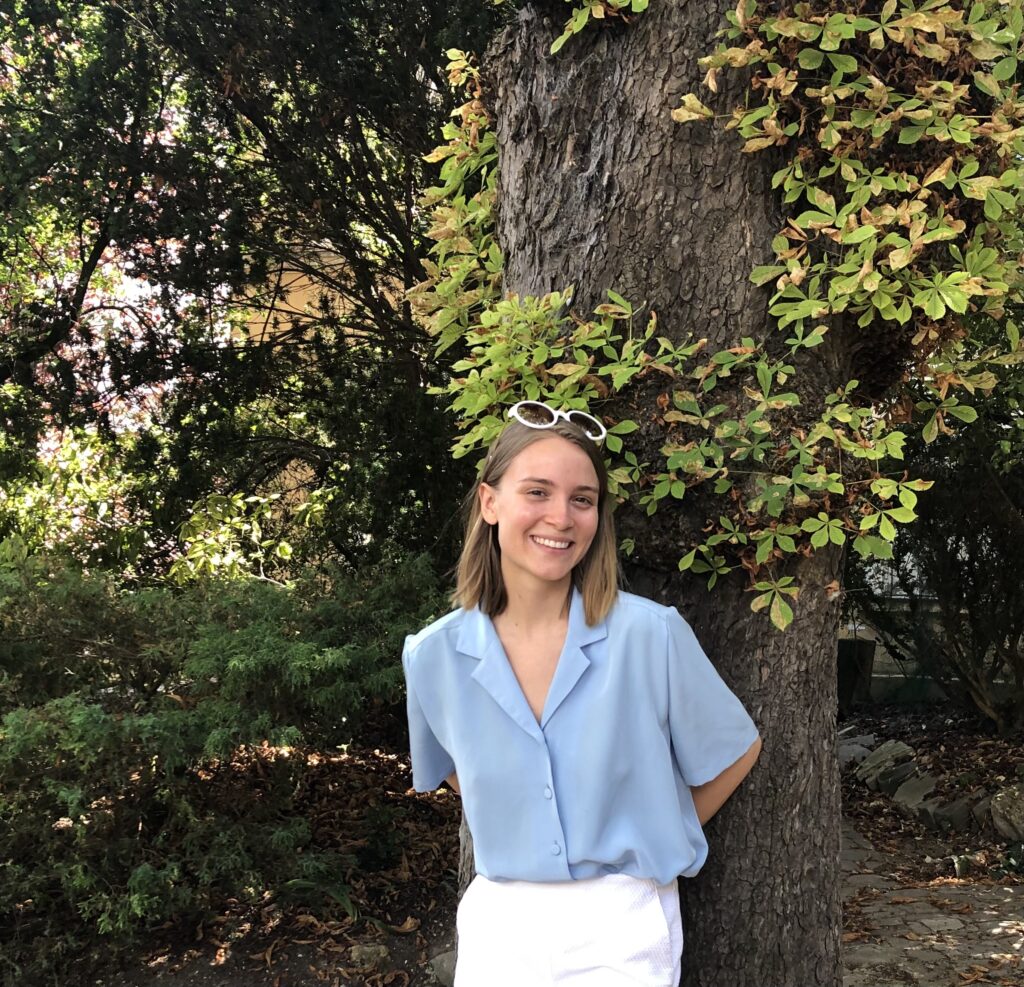
Ph.D. Candidate
Sociology and Cultural Anthropology
Northeastern University
Miranda Dotson is a current Graduate Research Fellow to the National Science Foundation and holds a Bachelor’s degree in Cultural Anthropology and French Language & Culture from American University (’21) and, as of Fall 2021, is a PhD student to the Department of Sociology and Anthropology at Northeastern University. Her research interests include community-based participatory research and the impacts of CBPR on local activism in communities fighting for environmental justice, as well as expanding commitments to social justice and political activism within the fields of social science. Her work has been published in Environmental Justice, The Nation, and The American Agora. She currently works as the Lead Qualitative Research Manager to an interdisciplinary, mixed methods and longitudinal cohort study that documents the experiences and behaviors of college students ages 18-22 during the COVID-19 pandemic.
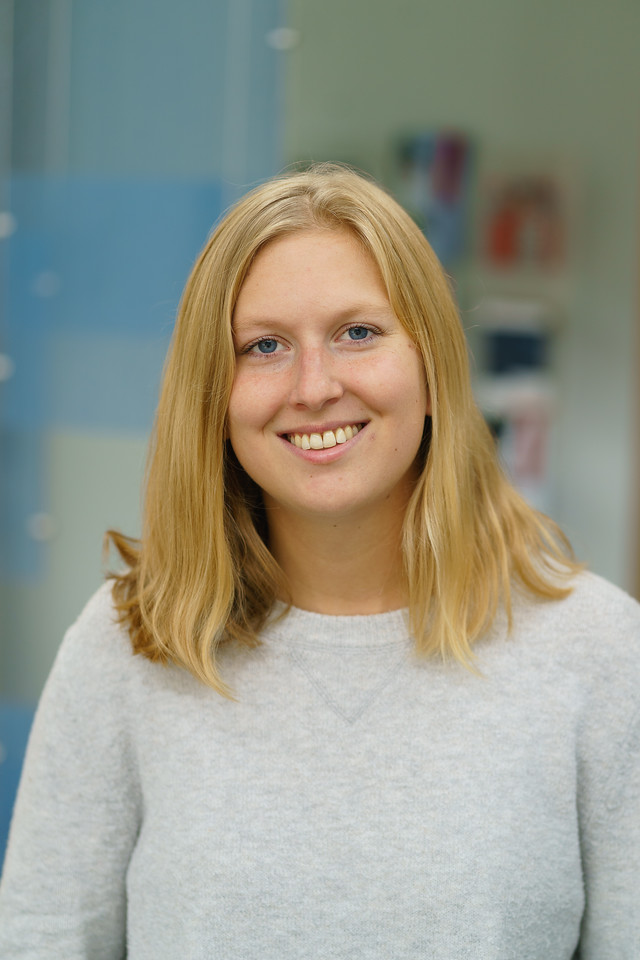
Kelsi Furman
Ph.D. Candidate
Marine and Environmental Science Department
Social-Ecological Sustainability Lab
Northeastern University
National Science Foundation Graduate Research Fellow
Kelsi Furman is a PhD Candidate in Northeastern’s Marine and Environmental Science Department and a National Science Foundation Graduate Research Fellow. Working with Dr. Steven Scyphers in the Social-Ecological Sustainability Lab, Kelsi uses a social-ecological systems approach to examine social inequities in Florida’s recreational fisheries. Prior to graduate school, Kelsi obtained her BS in Environmental Science from Northeastern, worked as a Research Technician at Northeastern’s Marine Science Center, and worked as a Teaching and Program Assistant for the Three Seas Program.
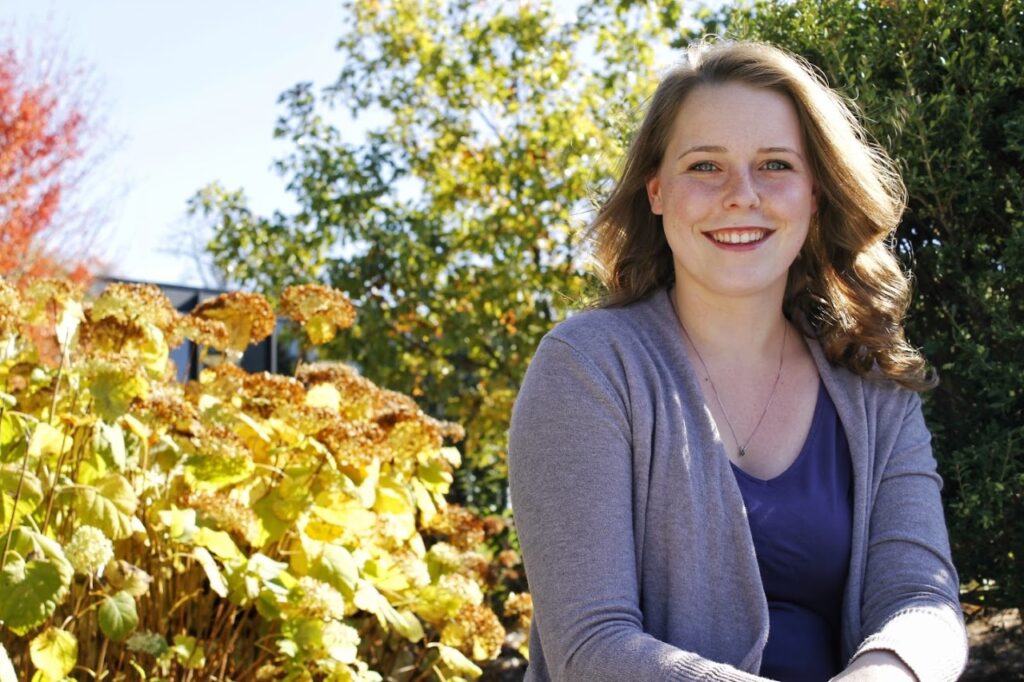
Jamie Hanna
Ph.D. Candidate
Sociology
Northeastern University
Jamie Hanna is a PhD student in the Sociology Department and a member of the Social Science Environmental Health Research Institute (SSEHRI). Jamie completed her BA in Law, Politics, and Society and Sociology at Drake University in Des Moines, Iowa. As an undergraduate, Jamie worked as a research assistant on projects that included midwifery licensure and legal mobilization as well as an ethnographic study of legalization of cannabis in Colorado. Jamie’s current research interests include community response to environmental disasters with a focus on the disparate impacts of those disasters.
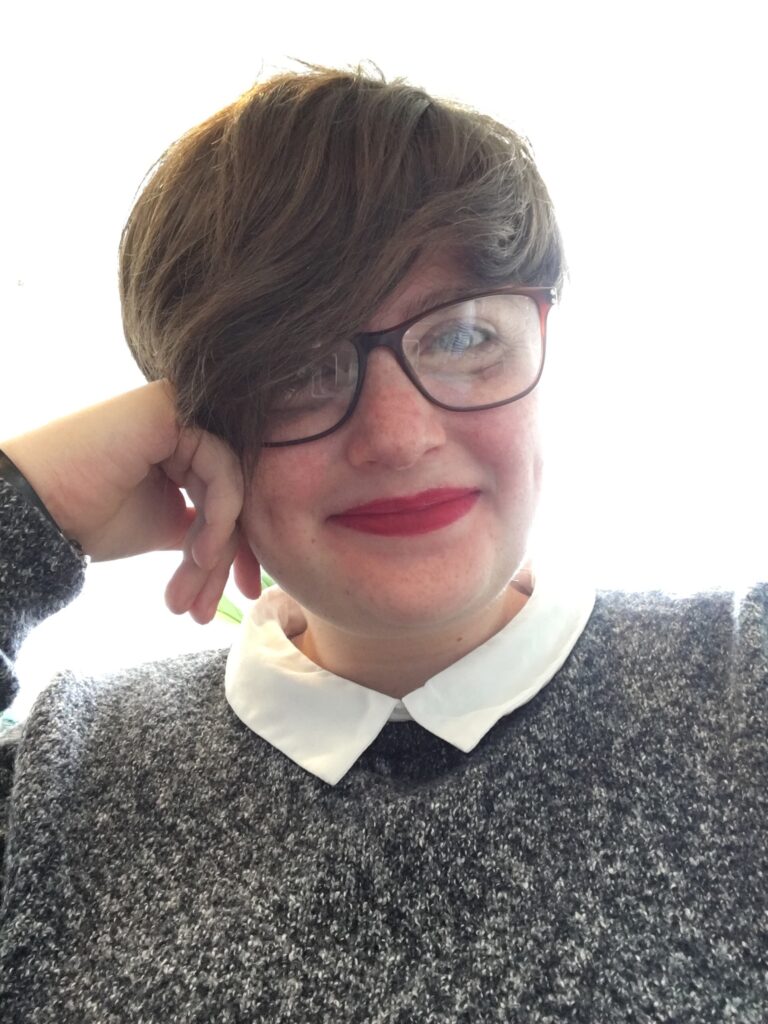
Xena Itzkowitz
Ph.D. Candidate
Sociology
Northeastern University
Xena Itzkowitz is a PhD student in Sociology. She received her BA in International Studies and Environmental Studies from American University, her MA in International Relations from American University, and her MA in Natural Resources and Sustainable Development from the United Nations University for Peace. Her previous research investigated both the physical and social science of microplastics and plastics, and decolonization. She has previously worked with the Norwegian Institute for Water Research (Water and Society branch), and the Smithsonian Institution. She is interested in centering indigenous research methodologies and indigenous voices, and in creating space for marginalized people to represent their own interests in academia. She aims to pursue future research in the duality of bottled water as both a luxury product and a survival necessity.
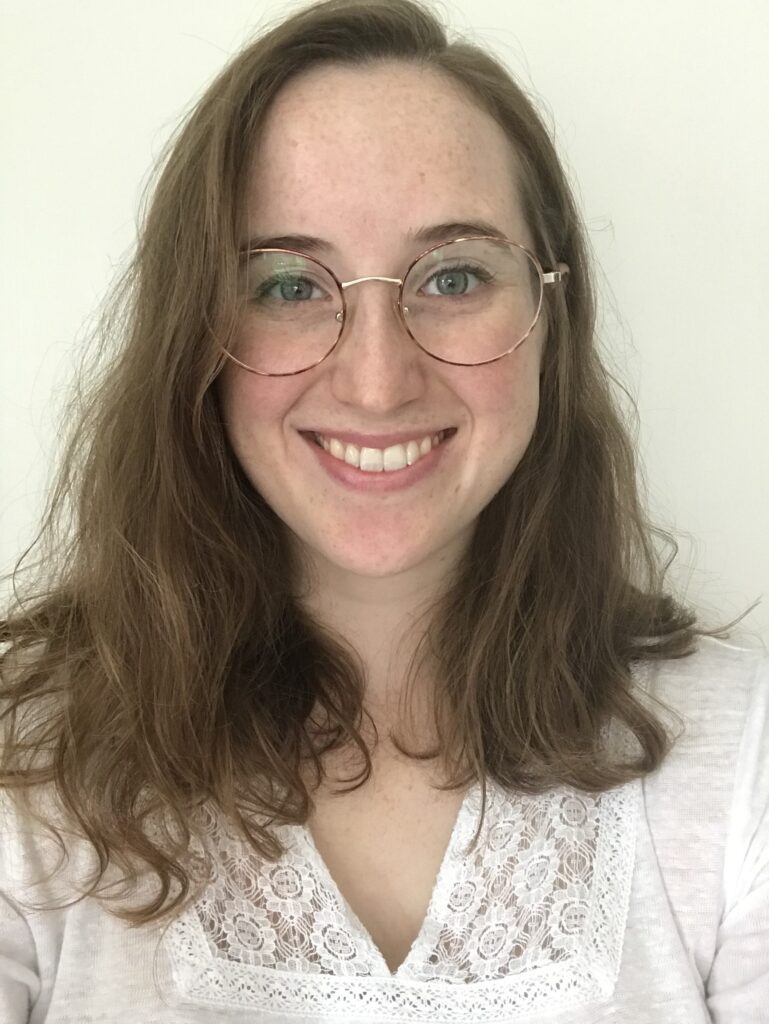
Alaina Kinol
Ph.D. Candidate
School of Public Policy and Urban Affairs
Northeastern University
Alaina Kinol is a doctoral candidate in public policy concentrating on sustainability and resilience. She earned her B.A., honours in agricultural and environmental International Development Studies at McGill University, and her MSc with Distinction in Environmental Policy and Regulation from the London School of Economics. Her dissertation research examines power, obstruction, and justice in climate policy for sites of contested energy transition. Alaina has worked on climate and energy policy across the spectrum from research to advocacy to implementation, including as the Clean Energy Valuation Project Manager at E4TheFuture and as a Barr Foundation Climate Policy CAP Fellow for then-Boston City Councilor Michelle Wu. Her publications include articles and op-eds in Energy Research and Social Science, Climatic Change, the Boston Globe, and the Hill.
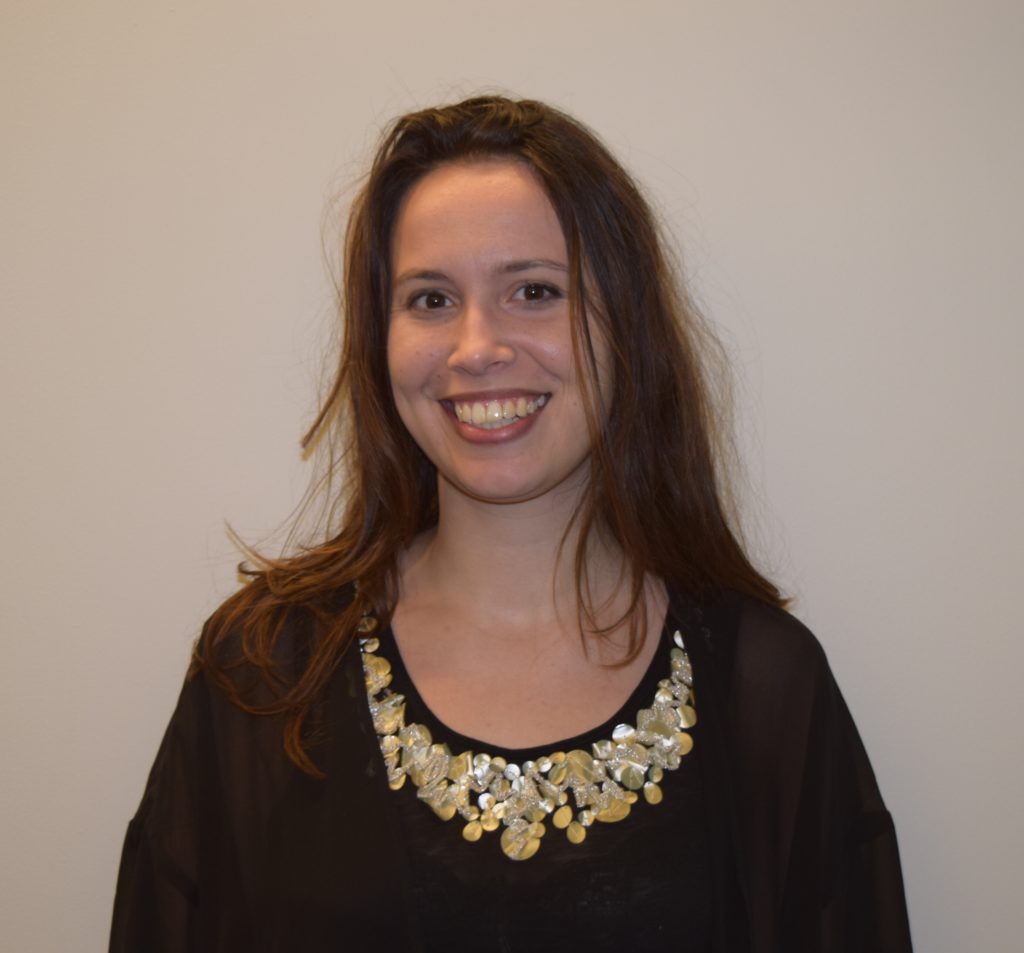
Grace Poudrier
Ph.D. Candidate
Department of Sociology and Anthropology
Northeastern University
Grace Poudrier is a PhD student in the Department of Sociology & Anthropology at Northeastern University, a research assistant at the Social Science Environmental Health Research Institute (SSEHRI), and a member of the Environmental Data Justice Initiative (EDGI). She studies mechanisms of knowledge production, ignorance, and agnotology in the field of environmental health, particularly in the contexts of per- and polyfluoroalkyl substances (PFAS) and hydraulic fracturing. Her work draws from the sociology of the environment, medicine, and STS, and has been published in Engaging Science, Technology, and Society, Environmental Research and Public Health, and Sexual Medicine. Prior to graduate school, Grace worked in clinical research at NYU Langone Medical Center, where she coordinated mixed methods research on gender affirming surgery for the Hansjorg Wyss Department of Plastic Surgery. She received her B.A. from Sarah Lawrence College in 2011, where she studied the sociology of health, illness, and environmental health politics.
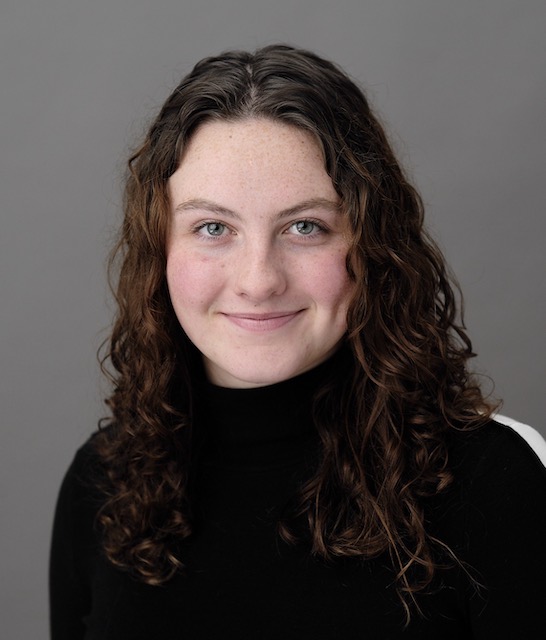
Undergraduate Student
Health Sciences
Northeastern University
Cecilia is a rising 5th year Health Science student at Northeastern University. She hopes to become a doctor one day and cares deeply about patient experience and health literacy. Cecilia is one of the ROUTES co-ops working in collaboration with the PROTECT team and Silent Springs Institute. This project hopes to analyze current barriers in the report back of individual results to patients who have participated in studies of environmental contaminant exposures. In response to these barriers, the team will design and implement a researcher training program to effectively incorporate report back into common research and clinical practice. The end goals of this project are to increase both patient and clinician environmental health literacy, and improve patient engagement and clinical outcomes. Having grown up in a bilingual family, she is thrilled and honored to be interacting so closely with the Puerto Rican patient population.
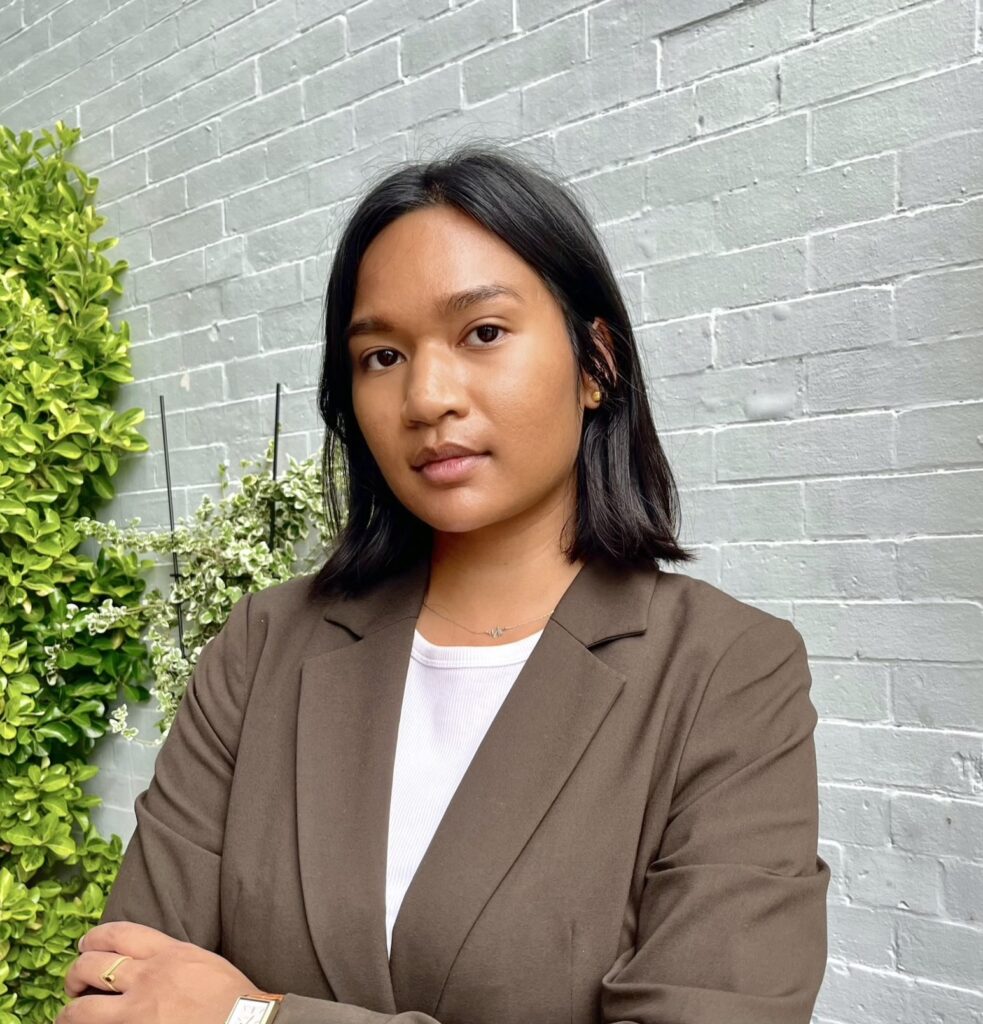
Victoria Say
Ph.D. Candidate
Sociology
Northeastern University
Vic Say (she/her) is a PhD student in Sociology at Northeastern University. Vic received her Bachelor’s degree in Environmental Studies from Bryn Mawr College where she was also a Mellon Mays Undergraduate Fellow. Prior to graduate school, she worked as a research assistant at AccessMatters, a Philadelphia-based sexual and reproductive health non-profit. She worked on several projects and programs related to HIV, health equity, and family planning. Vic’s research interests lie at the intersection of environmental and reproductive health, and her work aims to examine inequality through the lens of racial capitalism and settler colonialism.
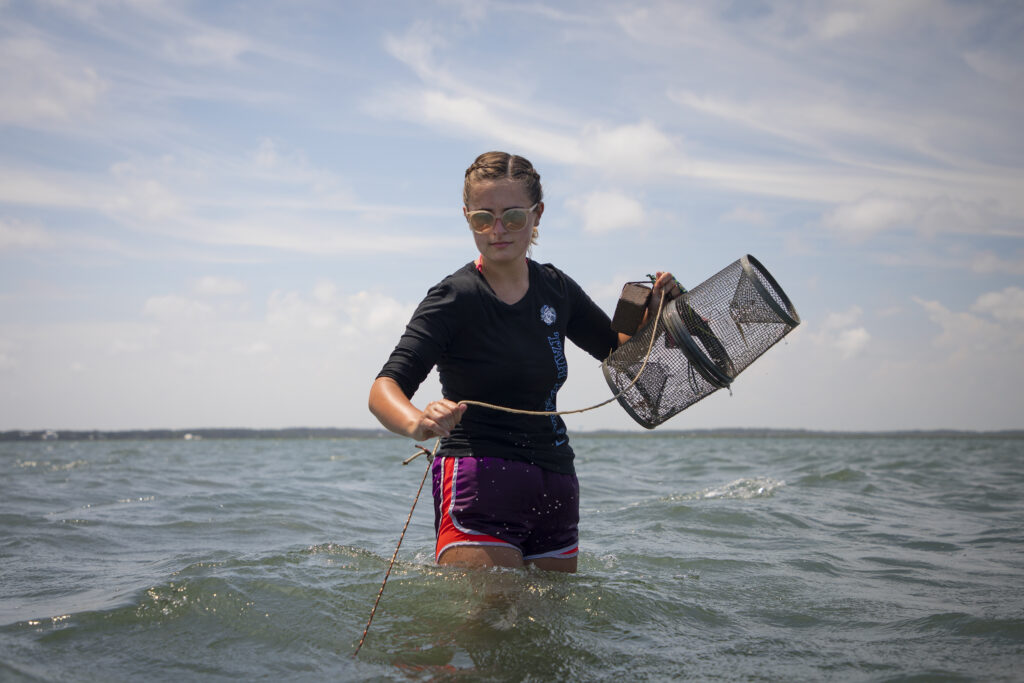
Savannah Swinea
Ph.D. Candidate
Marine and Environmental Sciences
Northeastern University
Savannah Swinea (she/her) is a PhD Candidate in Marine and Environmental Sciences at Northeastern University and a Visiting PhD Student at the University of South Alabama and Dauphin Island Sea Lab. Savannah studies coastlines and oceans through the application of a social-ecological systems (SES) framework. In her thesis, Savannah employs participatory methods and practices to co-produce knowledge amongst stakeholders in Gulf of Mexico coastal social-ecological systems like shorelines and fisheries. Before her graduate work, Savannah received her B.S. in Environmental Sciences from the University of North Carolina at Chapel Hill, and worked at UNC’s Institute of Marine Sciences as both an undergraduate honors thesis researcher as well as a research technician.
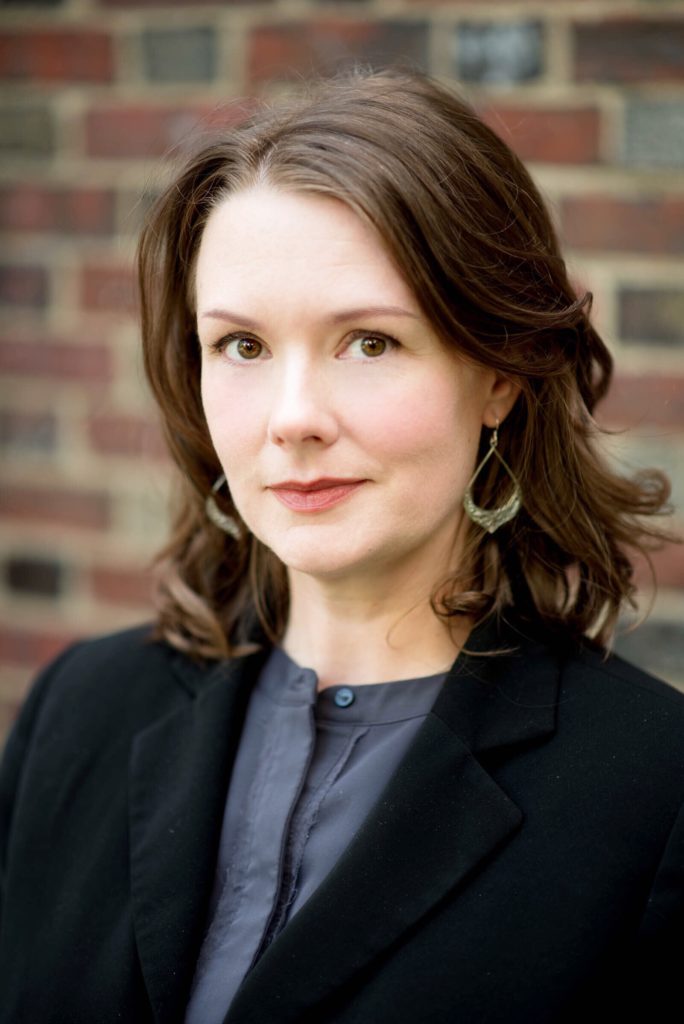
Elisabeth Wilder
Sociology Ph.D. Candidate
Department of Sociology and Anthropology
Northeastern University
Email: e.wilder@northeastern.edu
Download CV
Elisabeth Wilder is a PhD Candidate in Sociology whose research centers on environmental health and justice. Her dissertation critically examines industry and community-based visions and discourses of water justice and sustainability in the United States. Her past work has examined the social and environmental impacts of oil and gas development, the possibilities and limitations of civic science in the context of regulatory neglect, and the transformative potential of the environmental justice movement. Elisabeth is a co-founding member of the ASA Section on Environmental Sociology’s Committee on Racial Equity. In 2019, she received the Department of Sociology and Anthropology’s Outstanding Teaching Award.